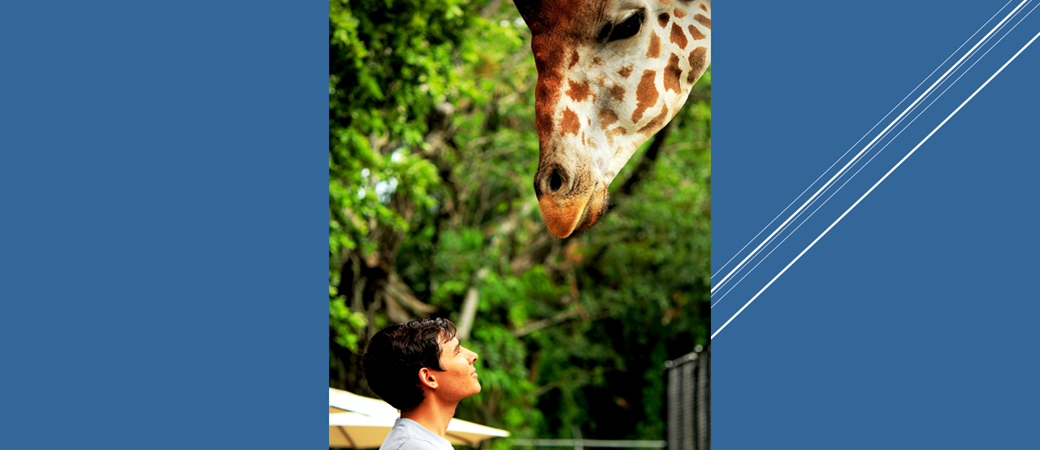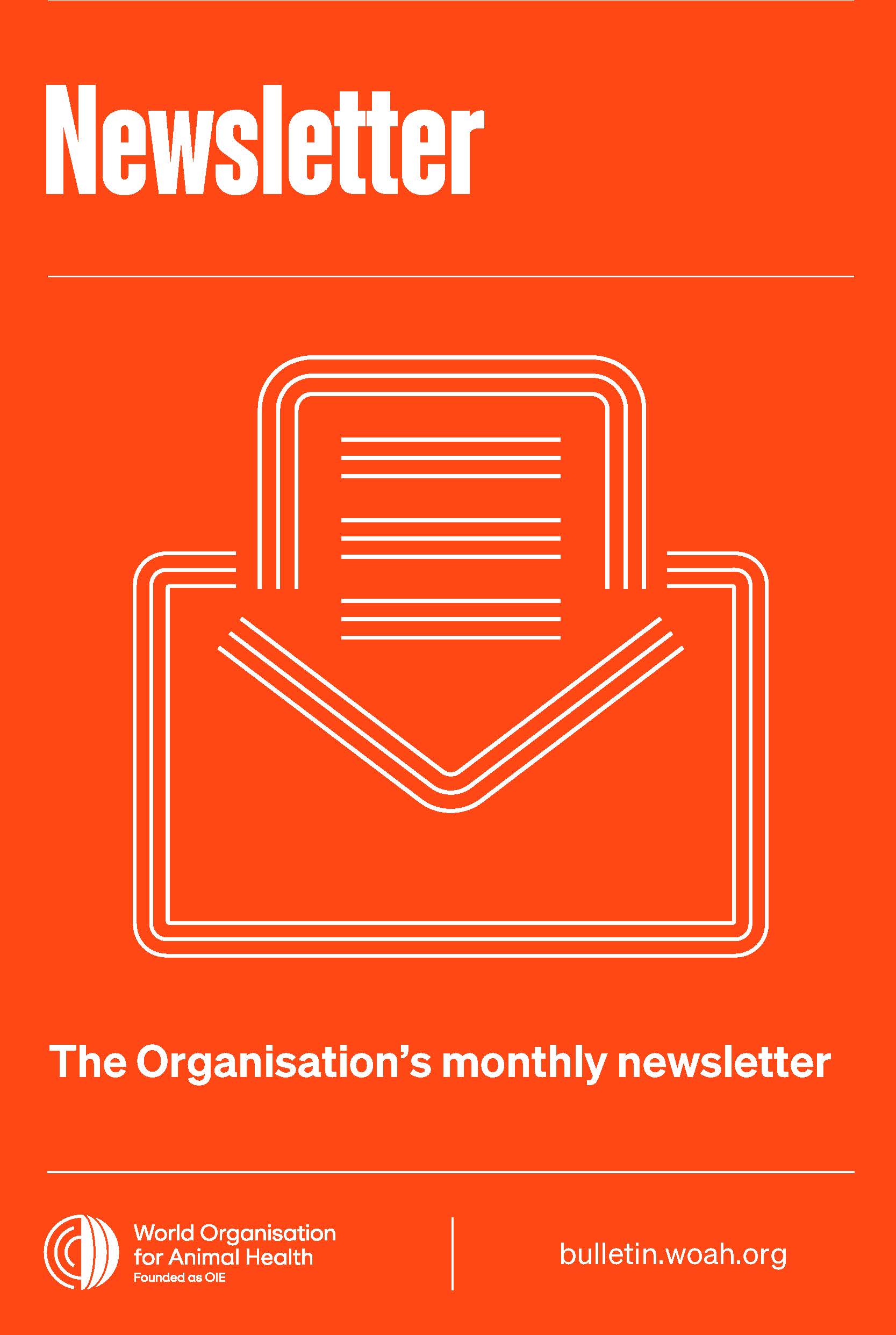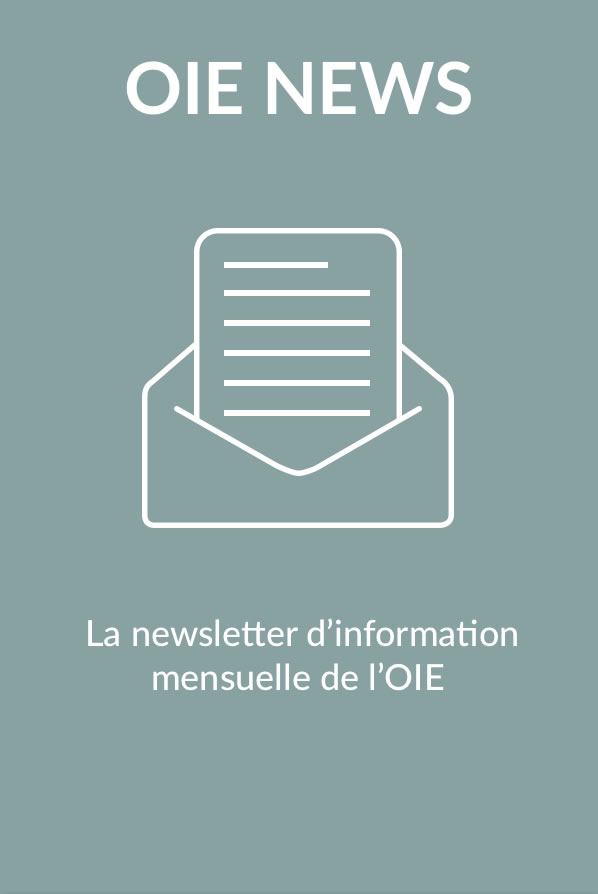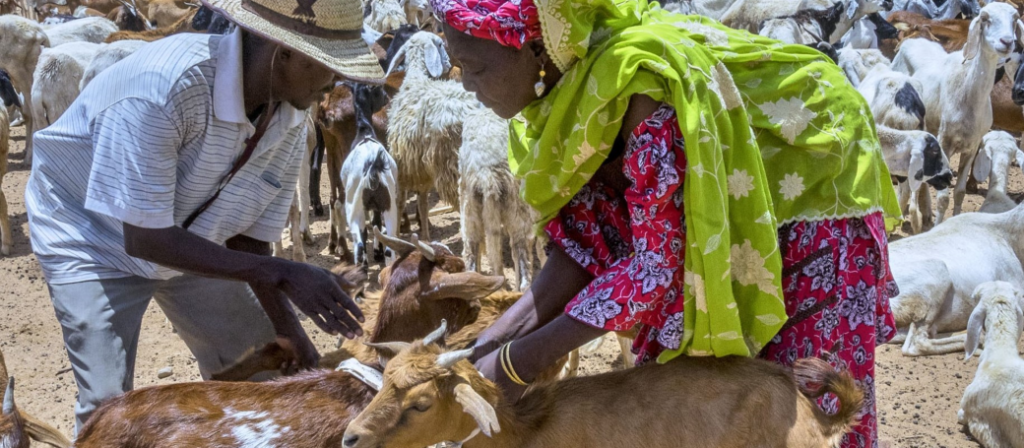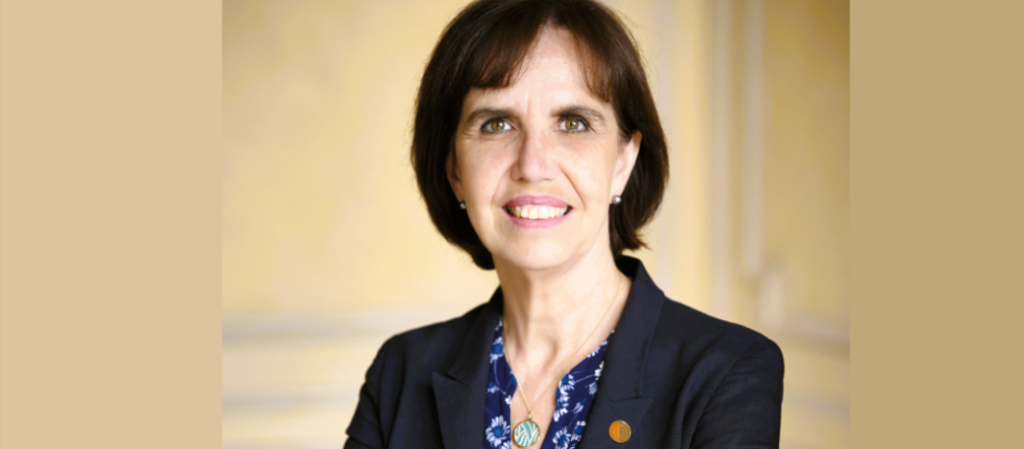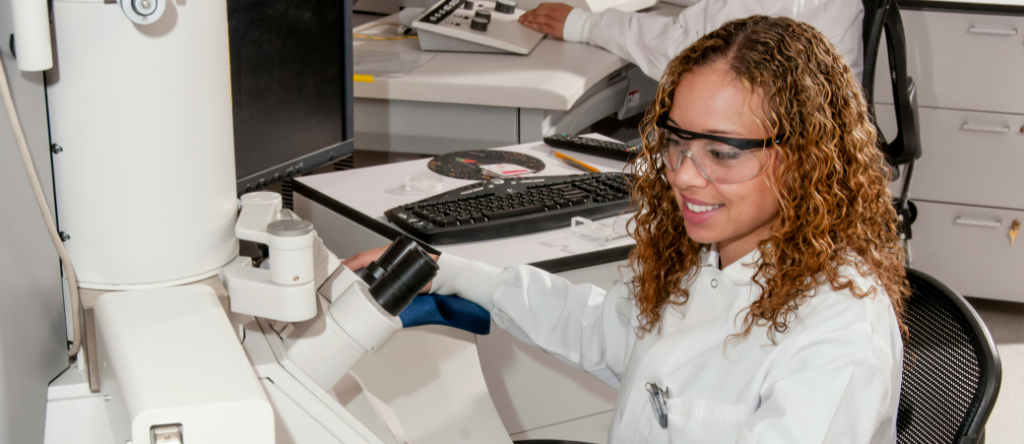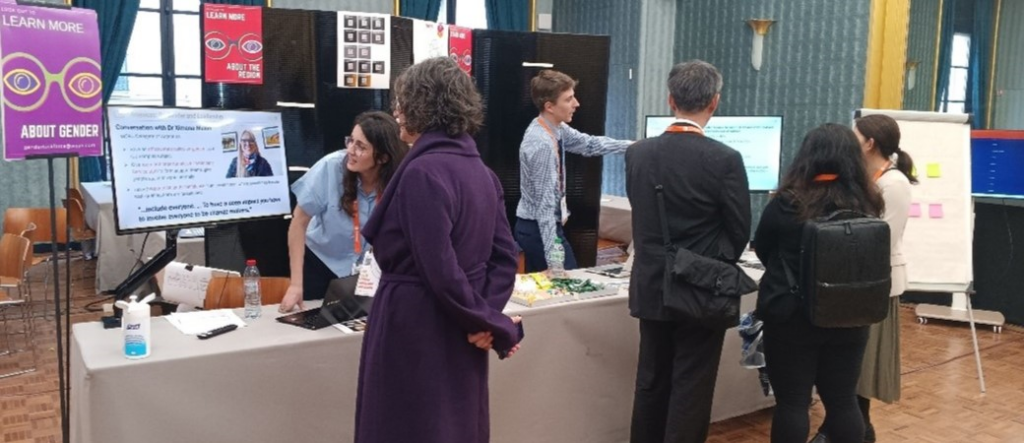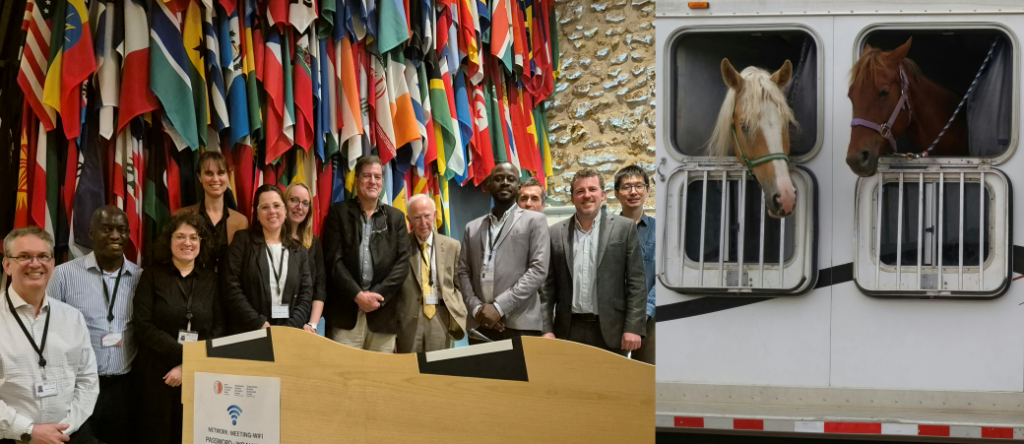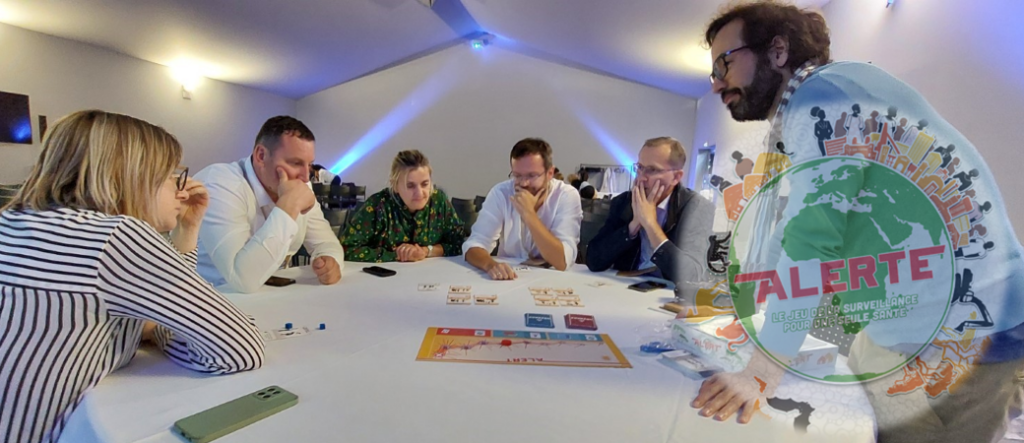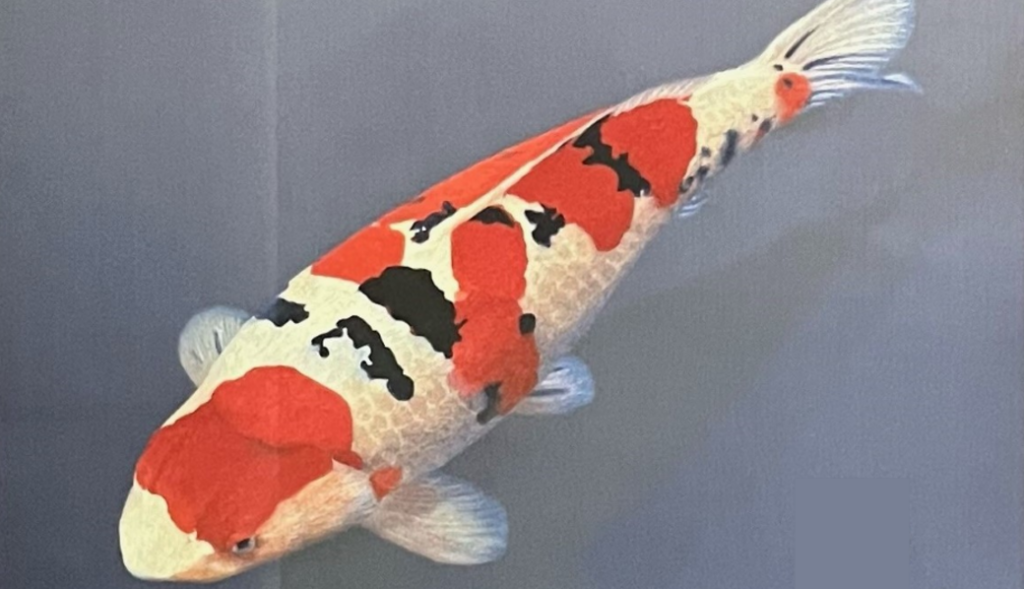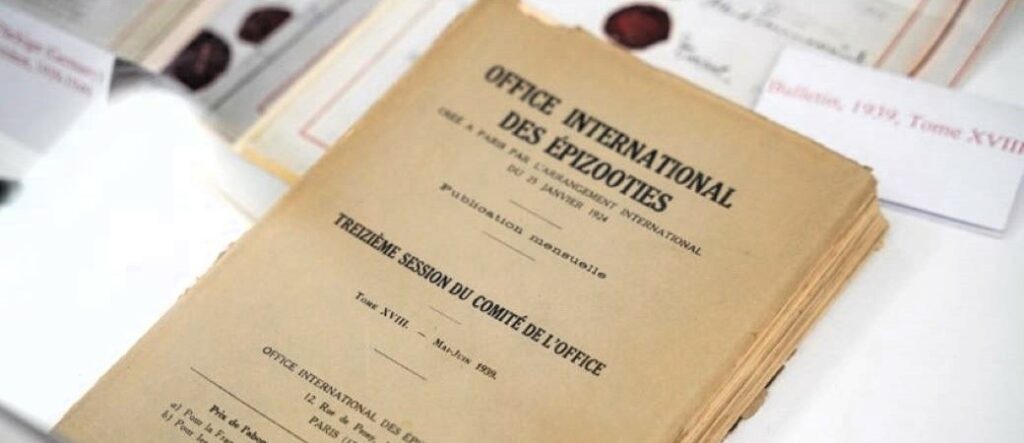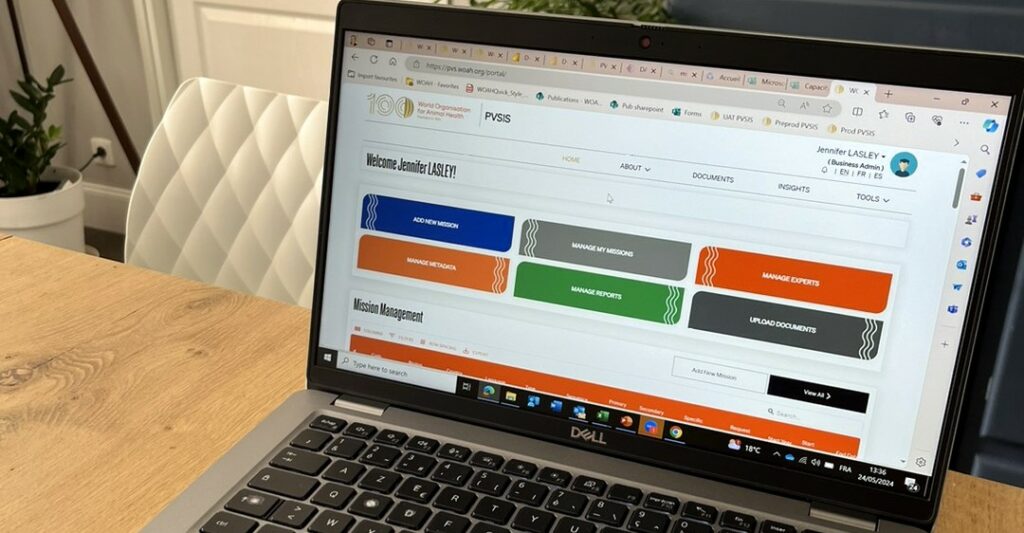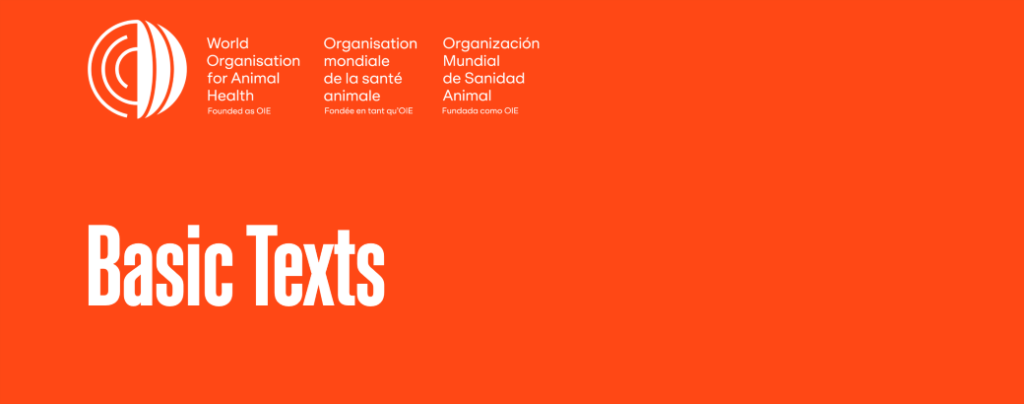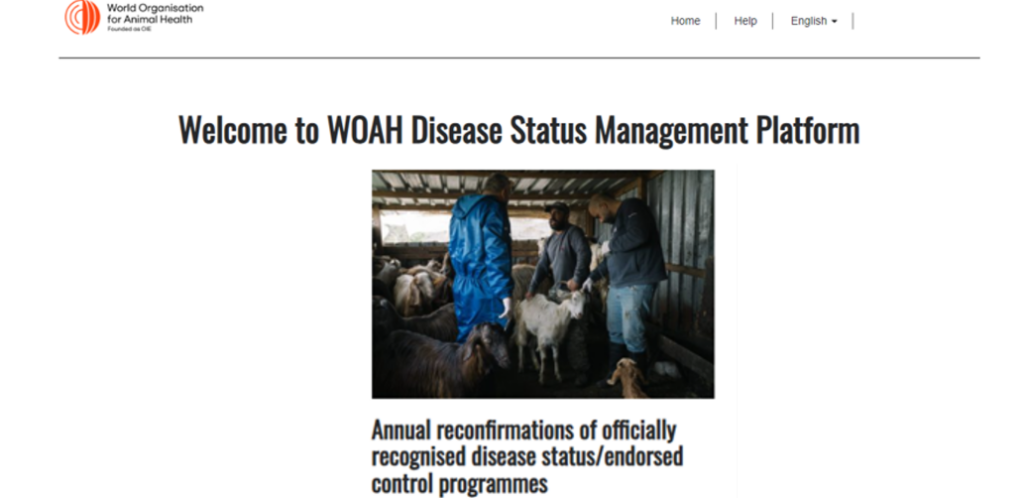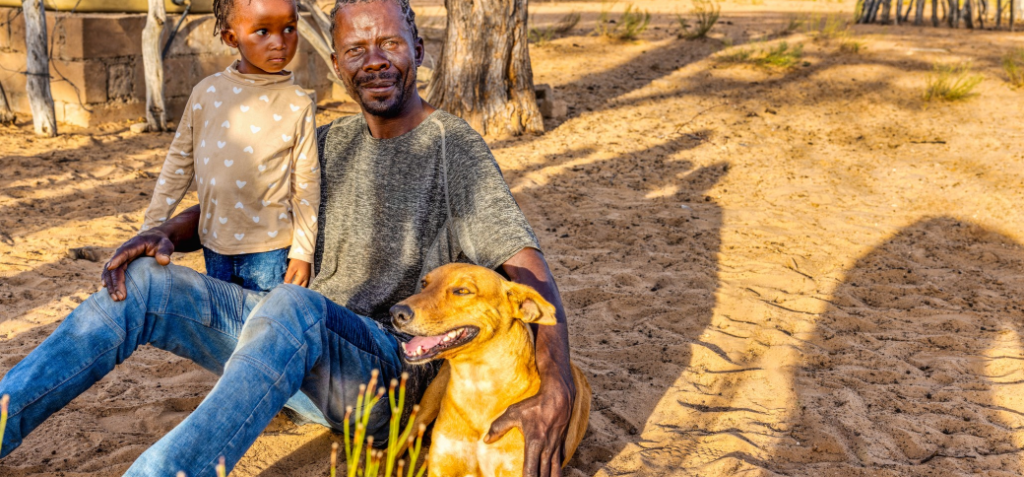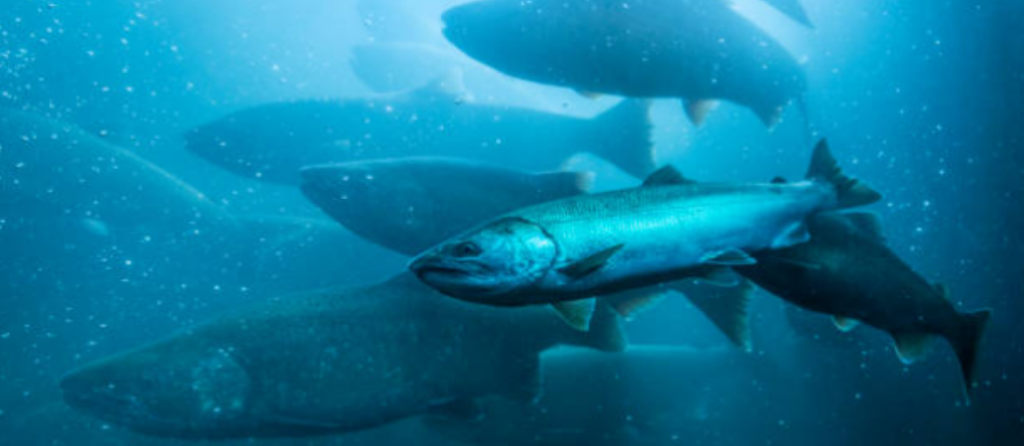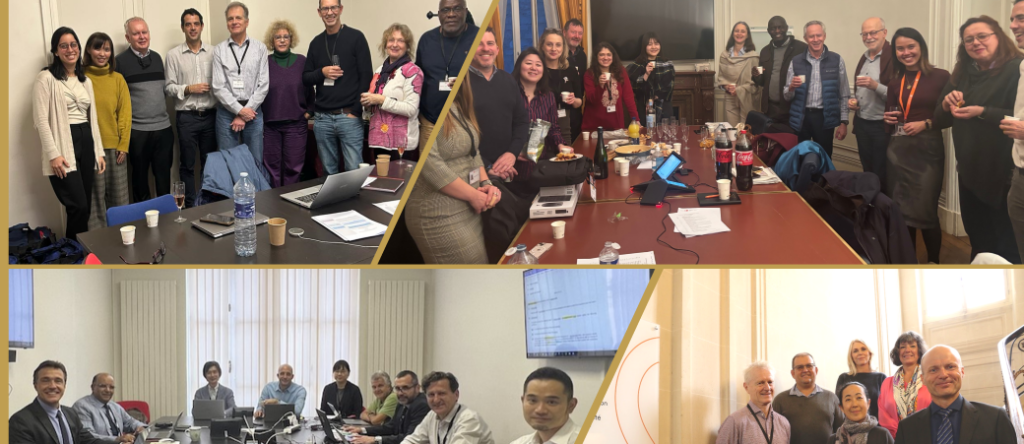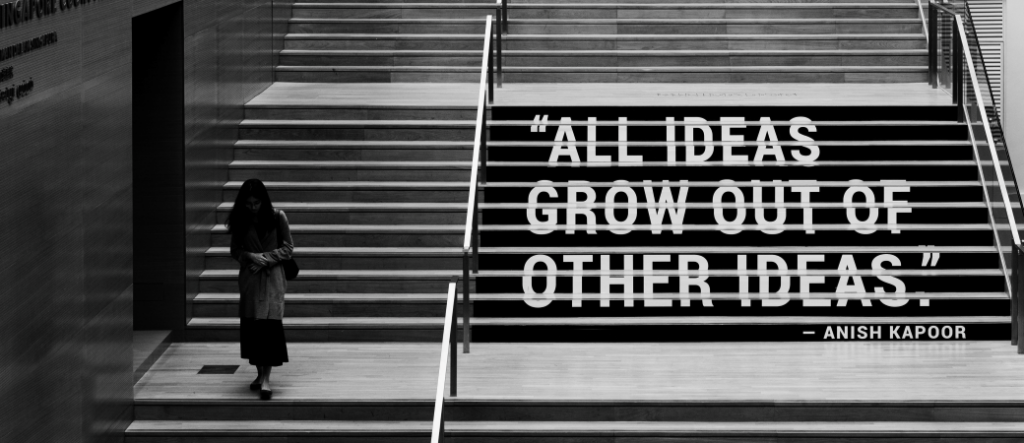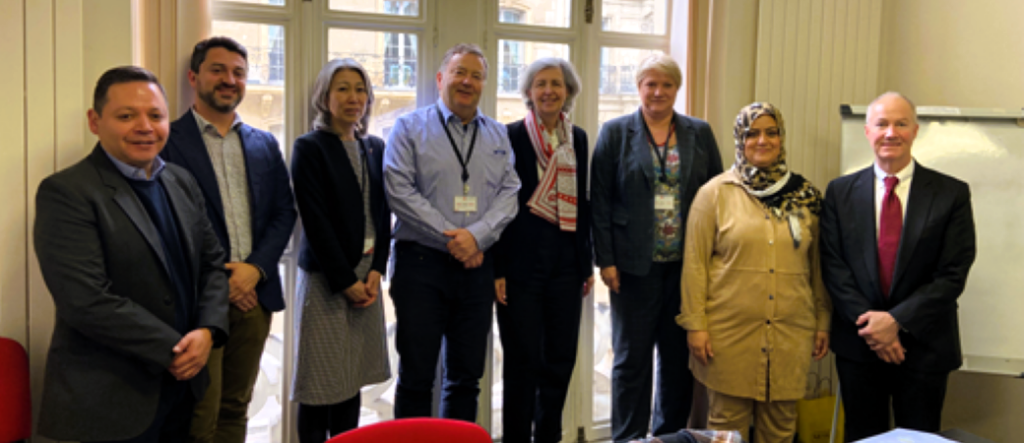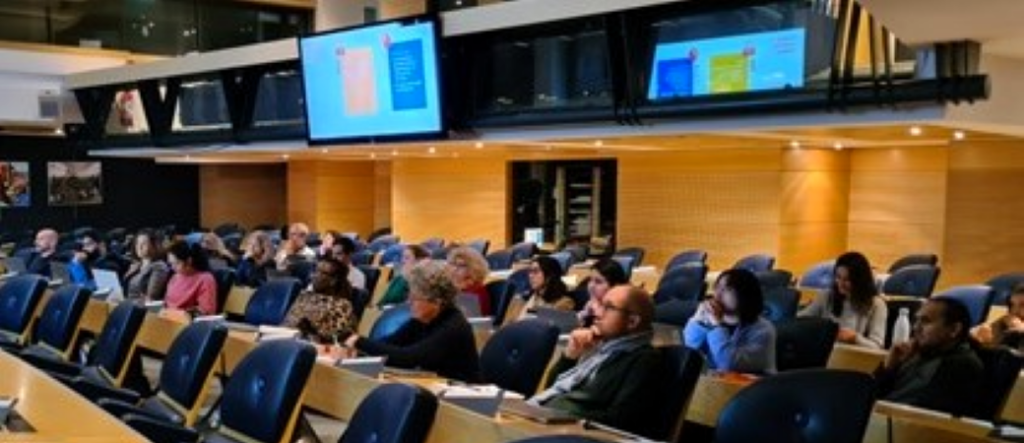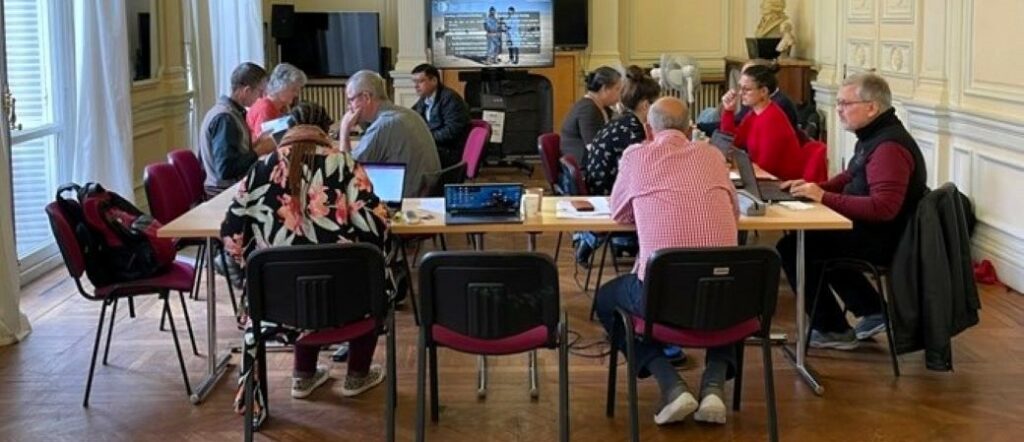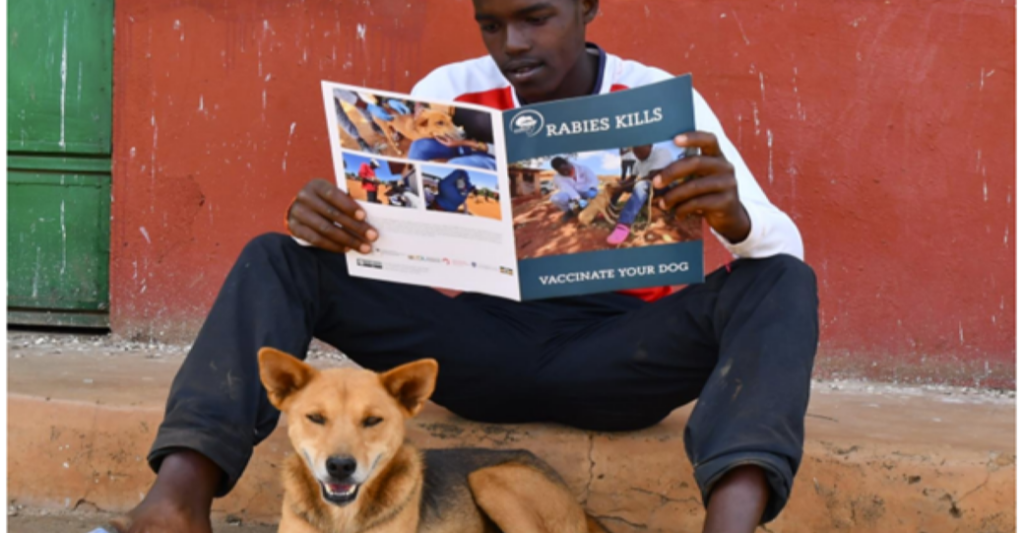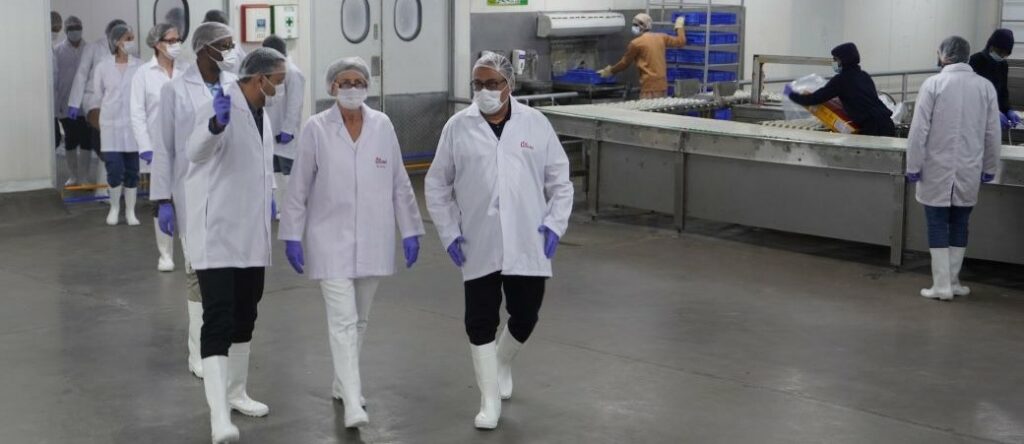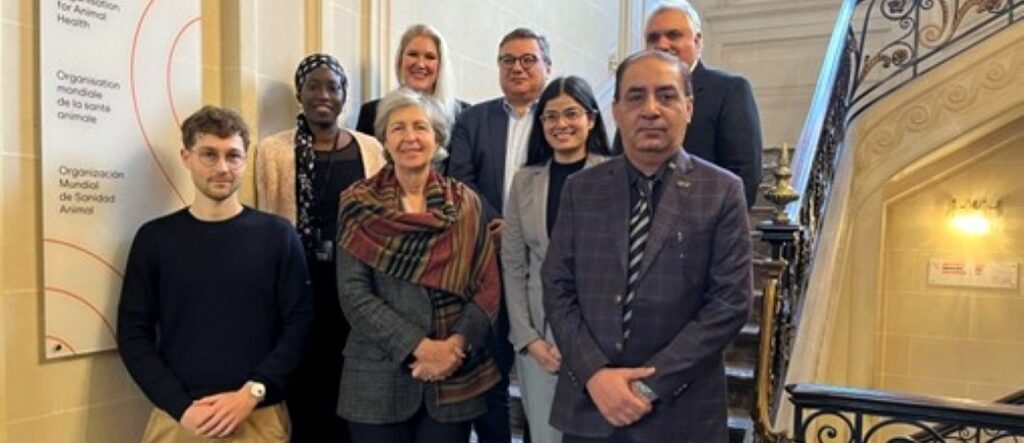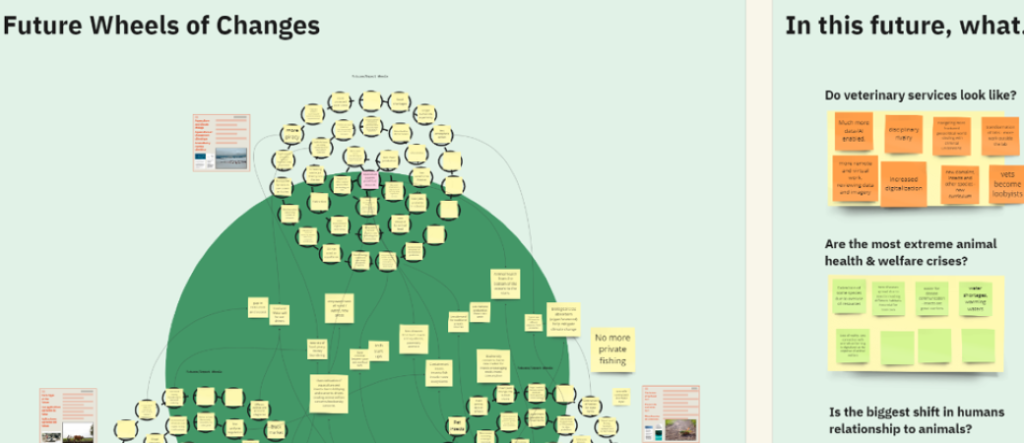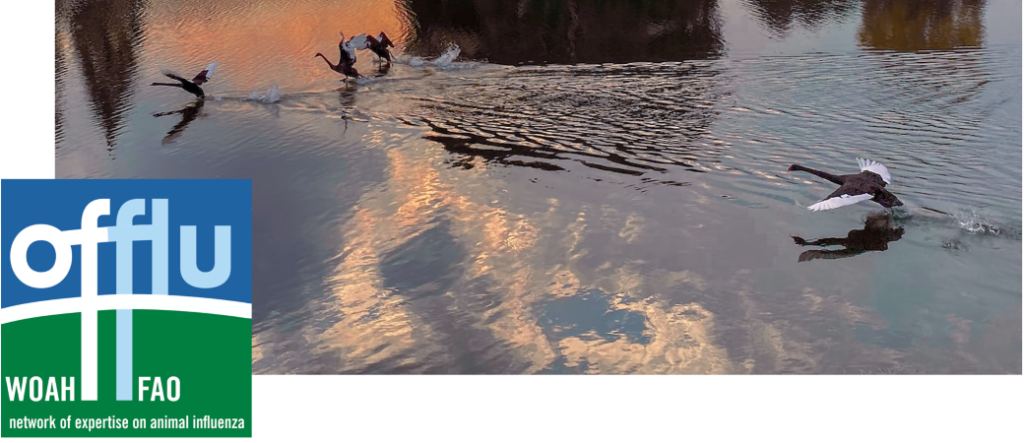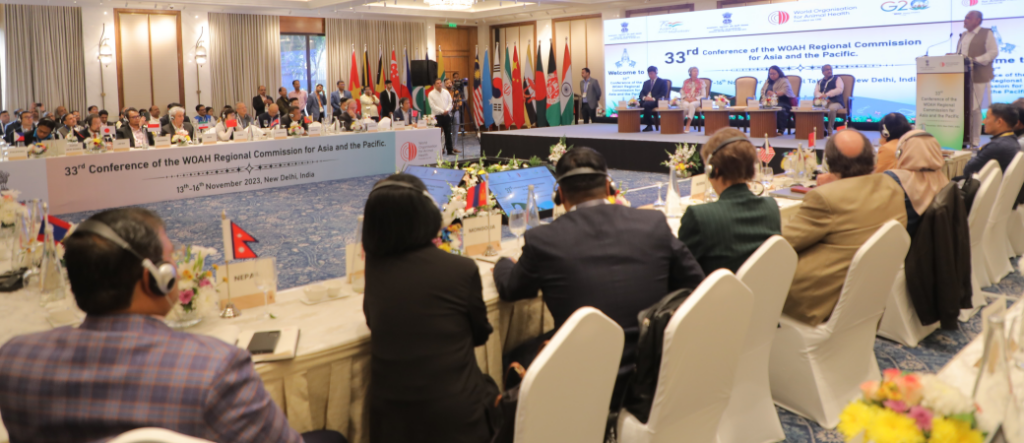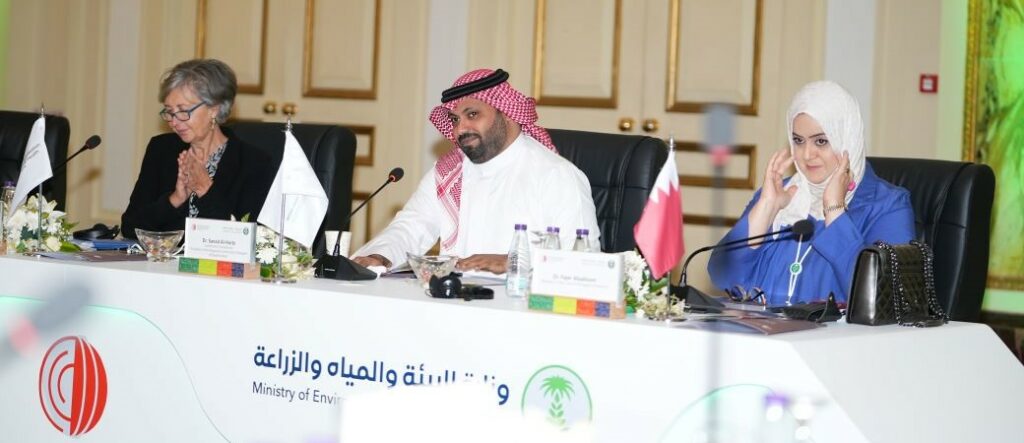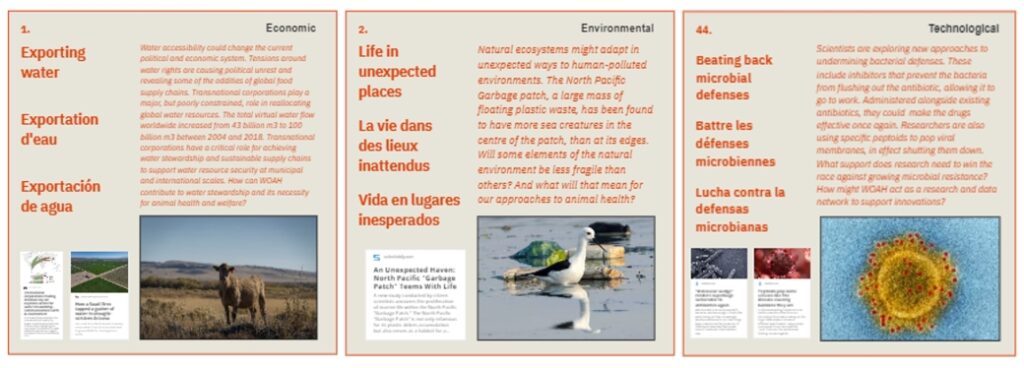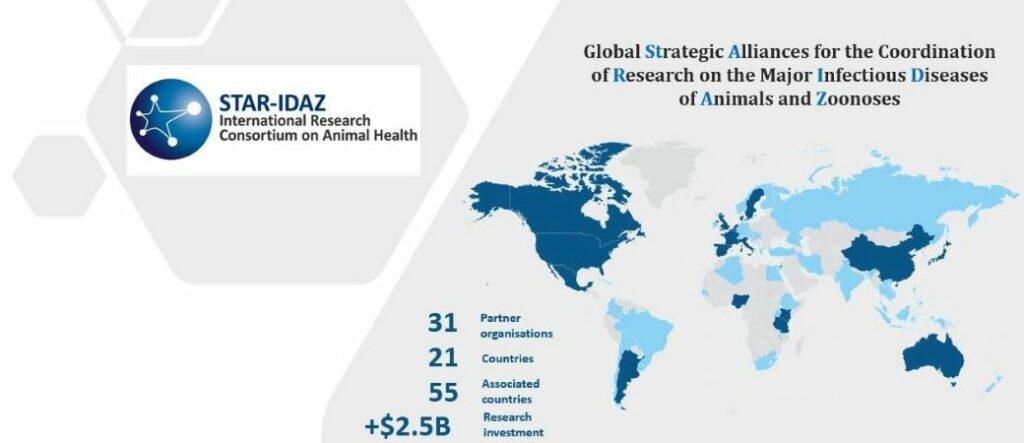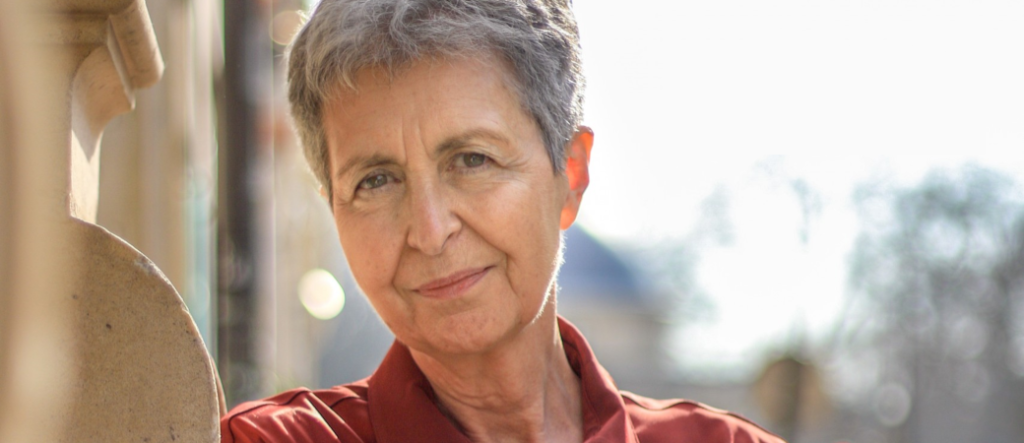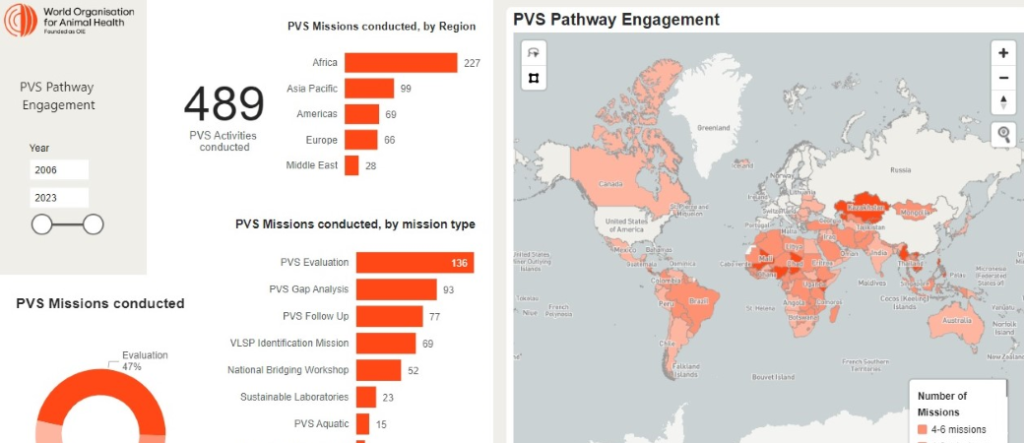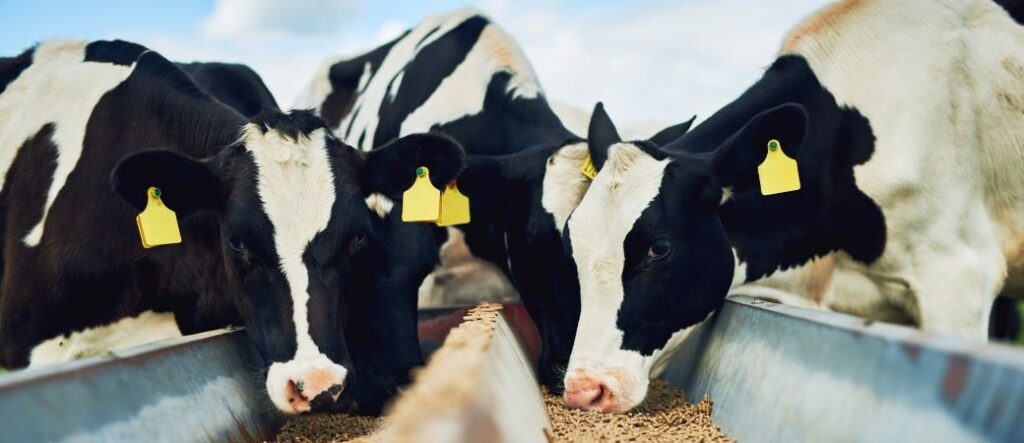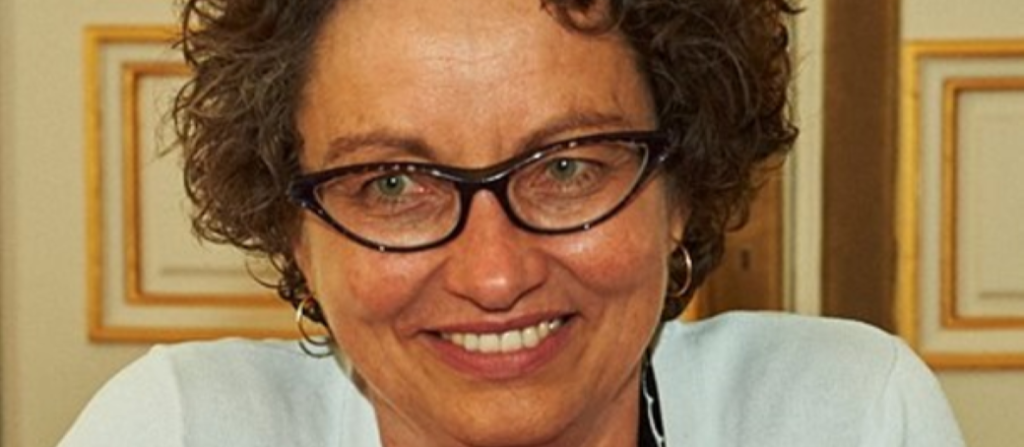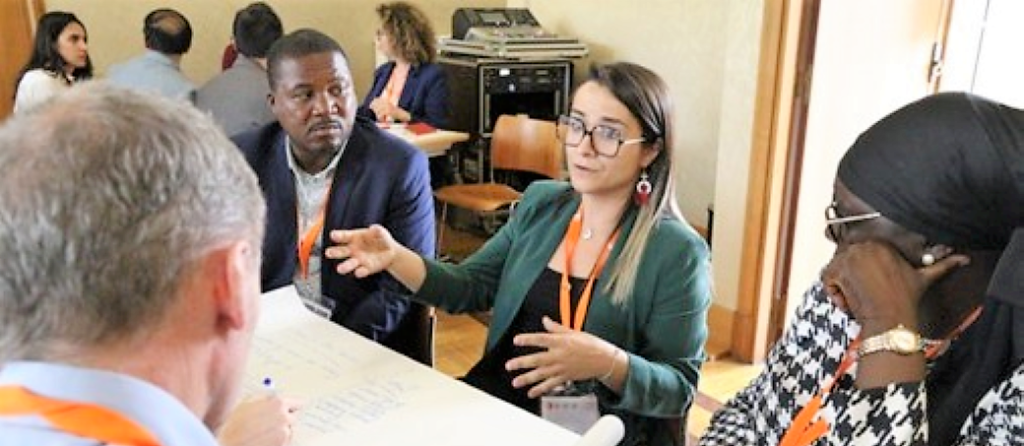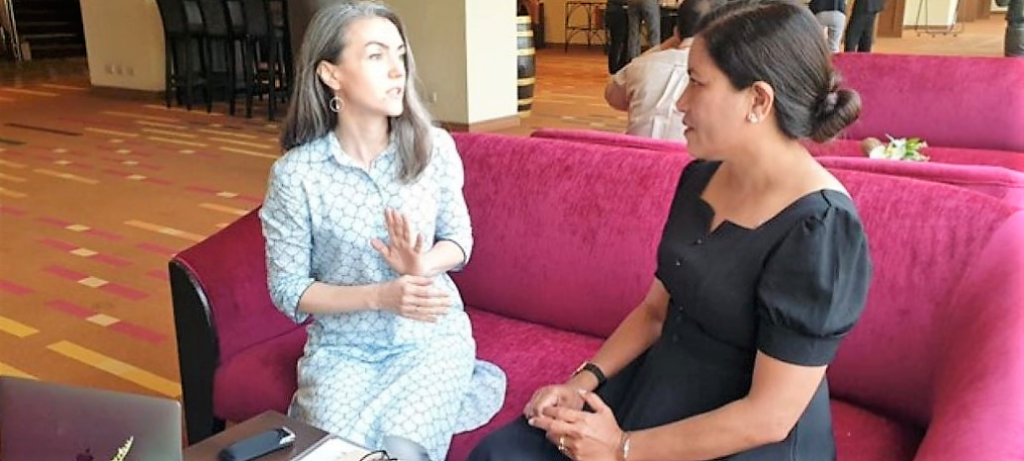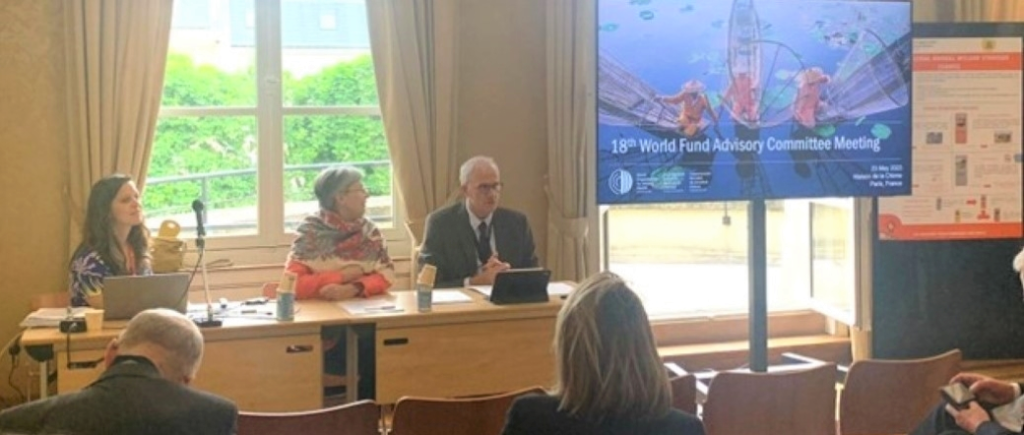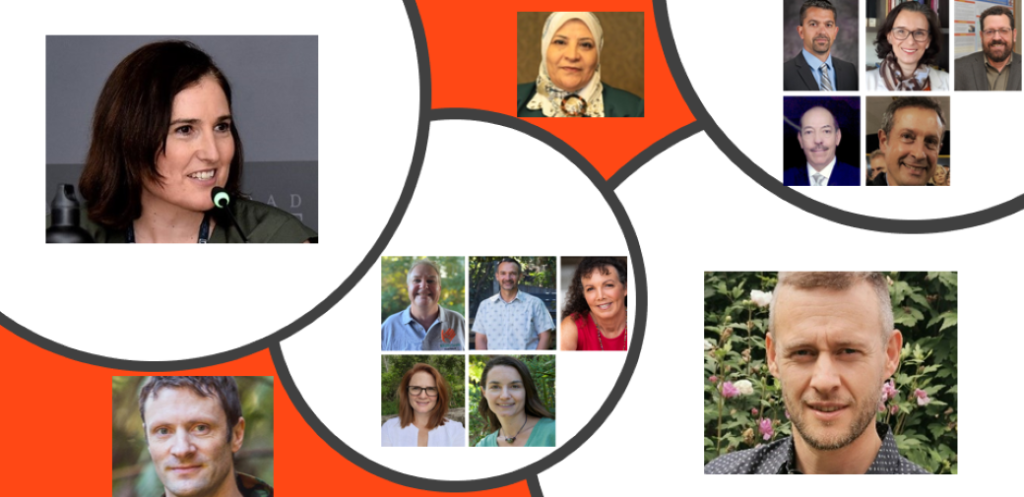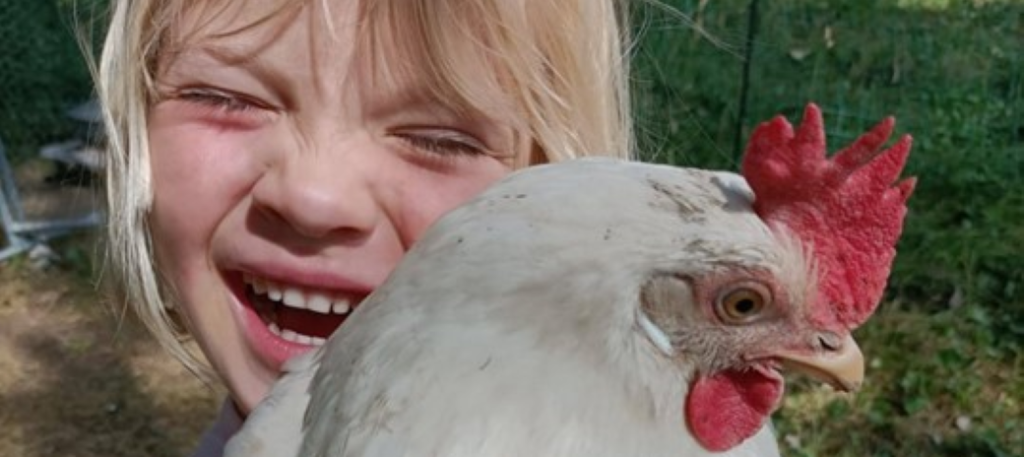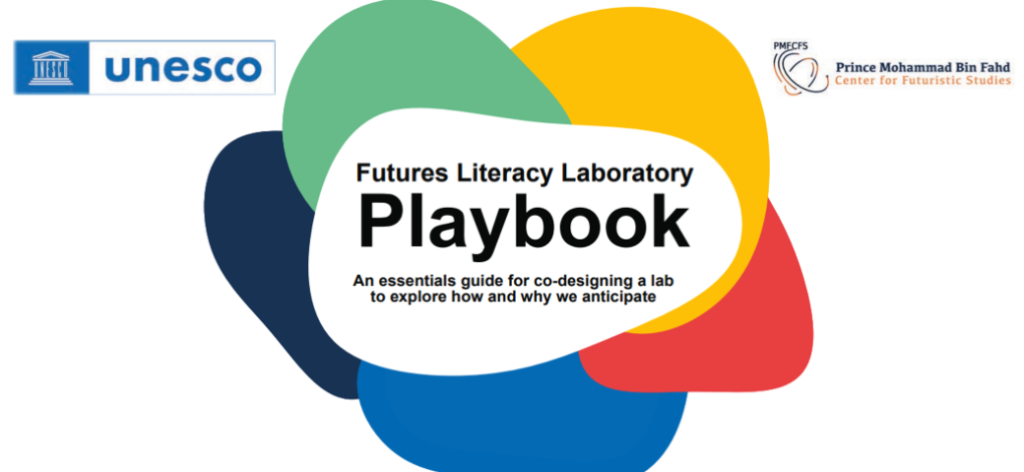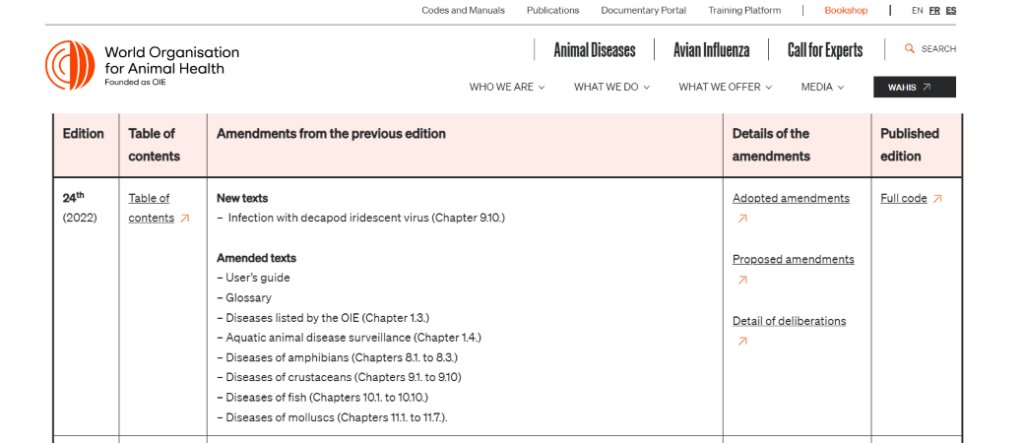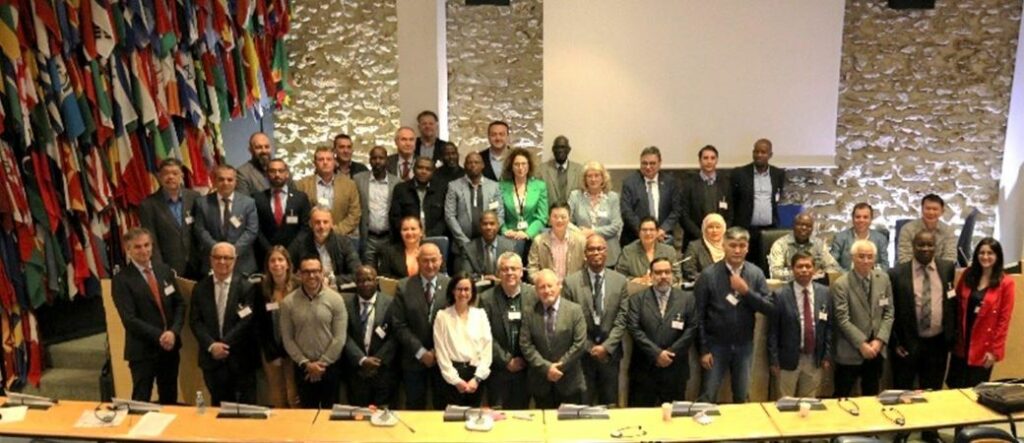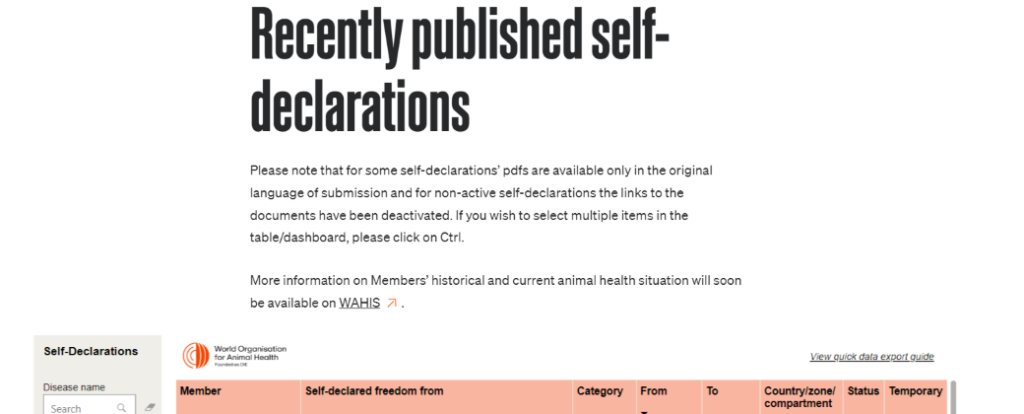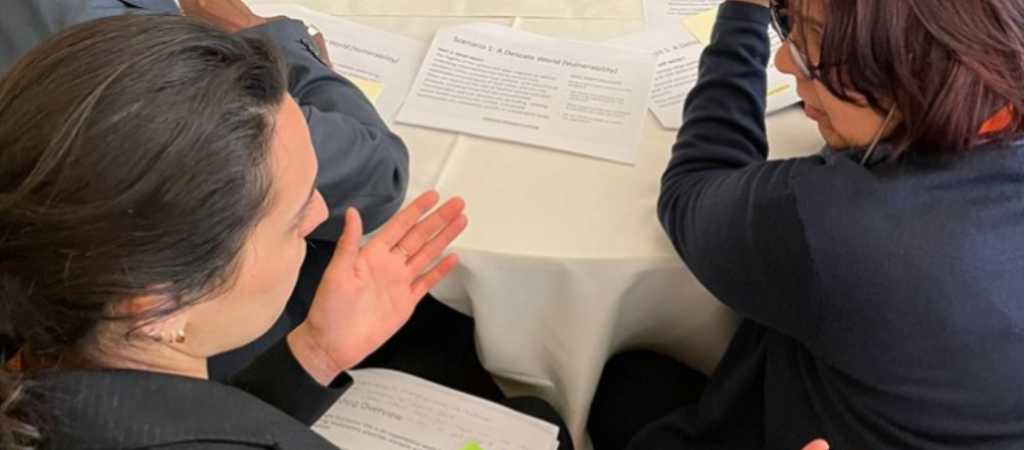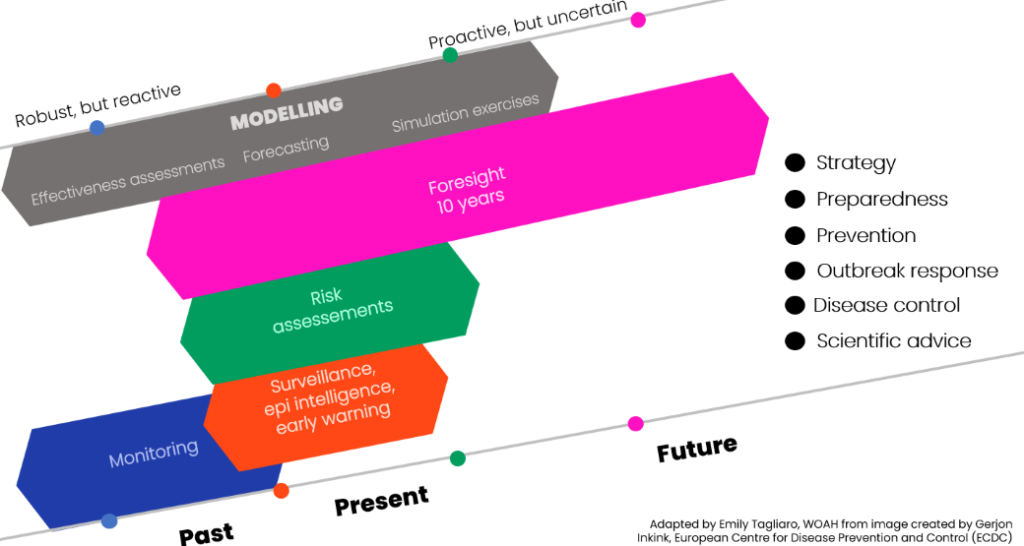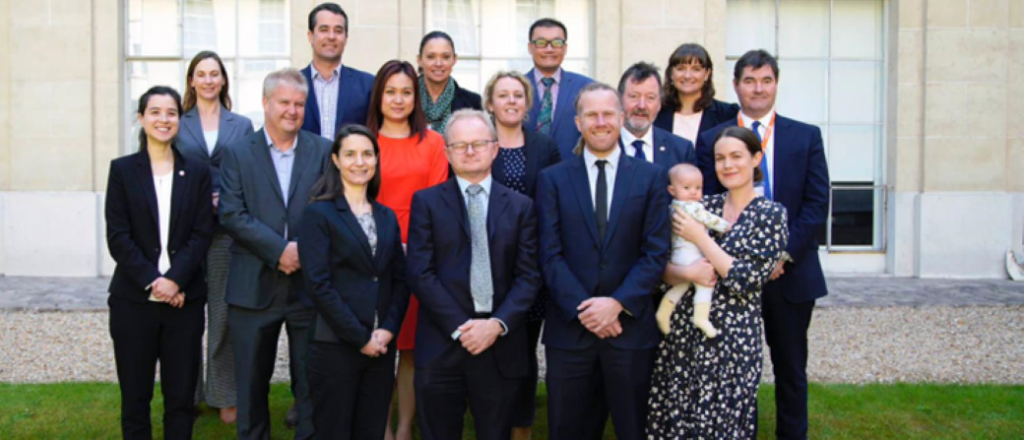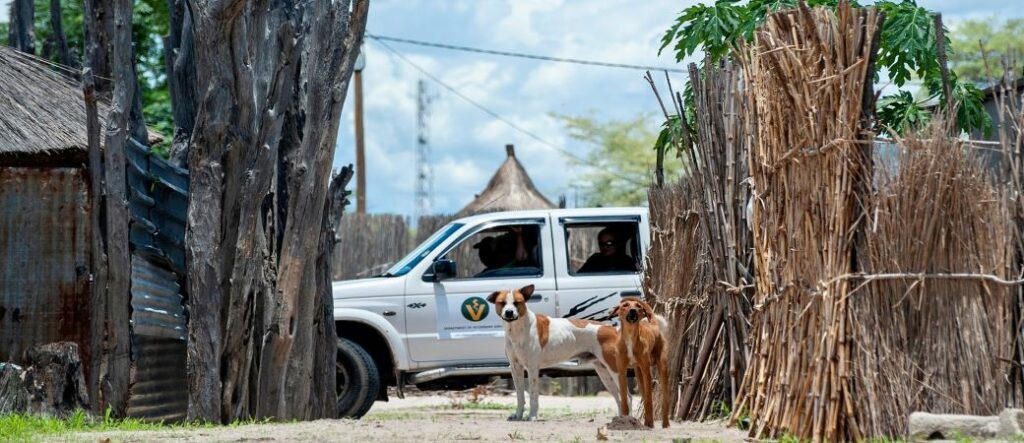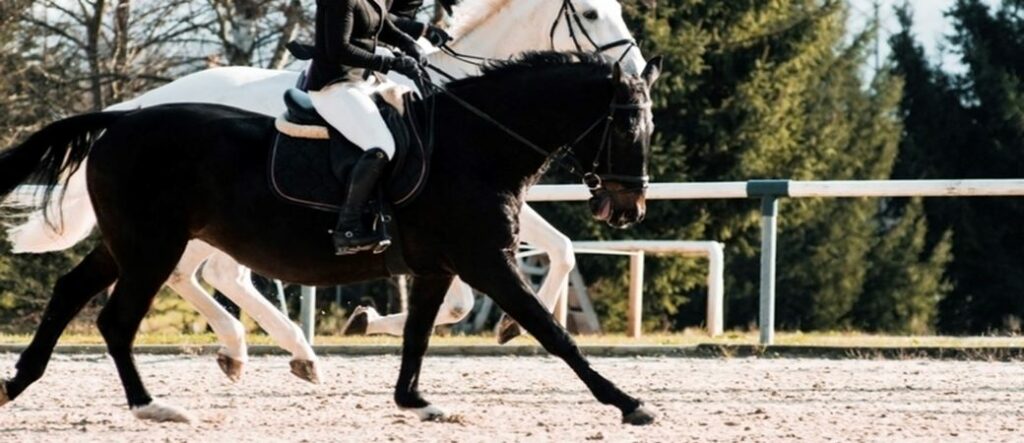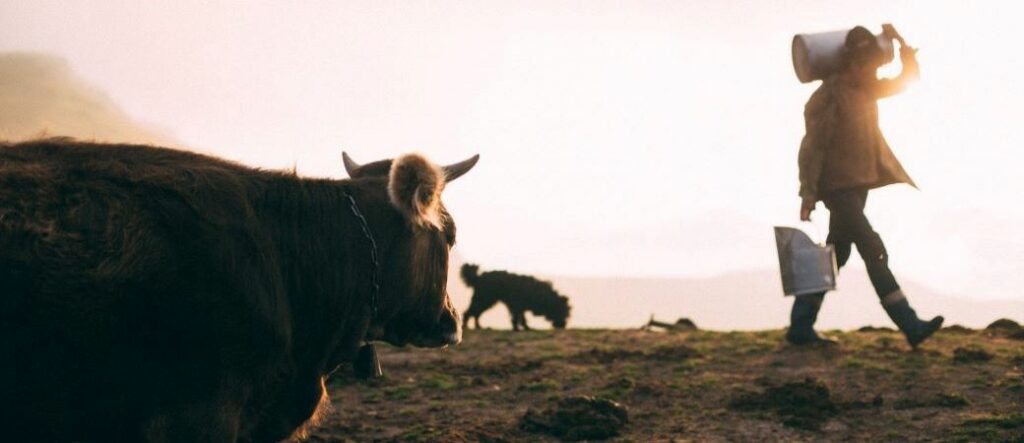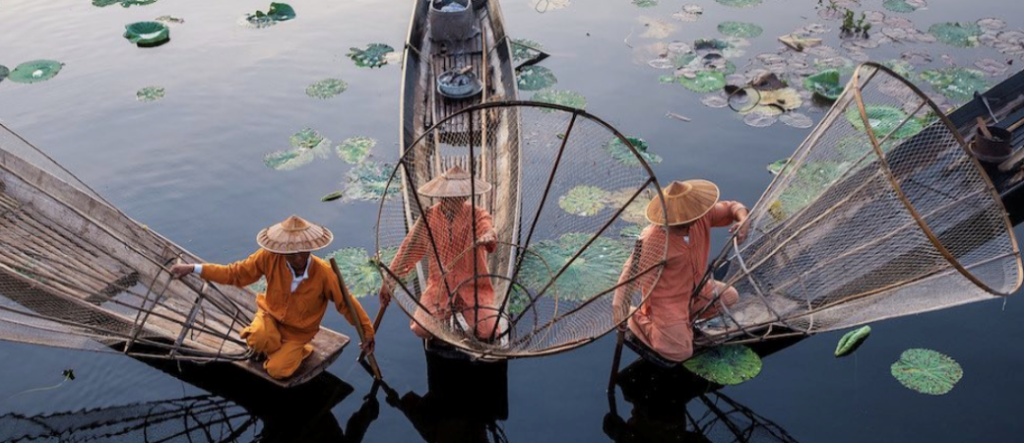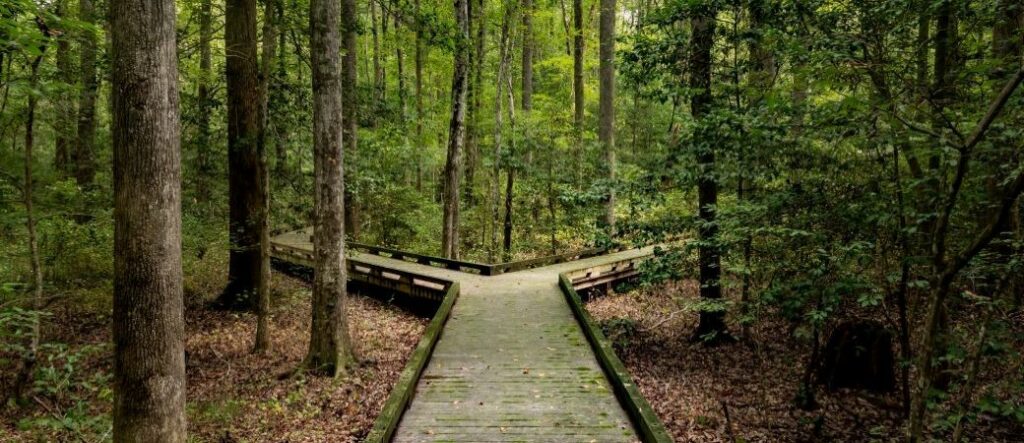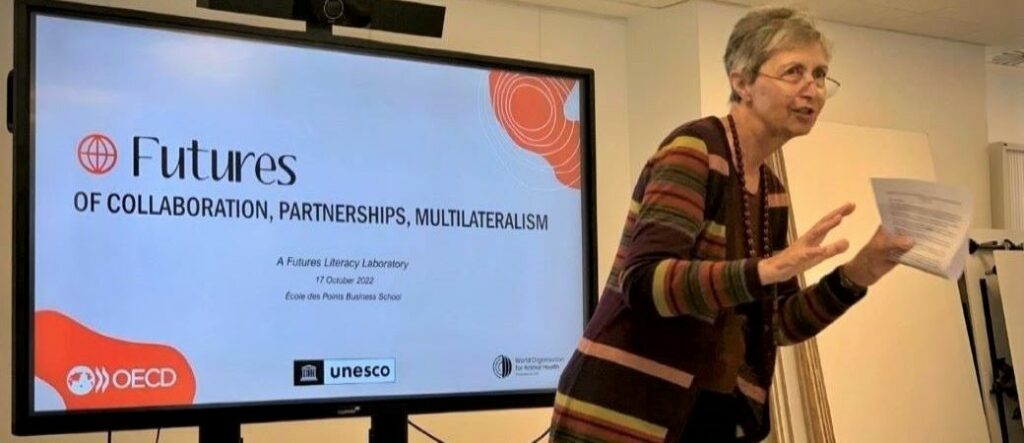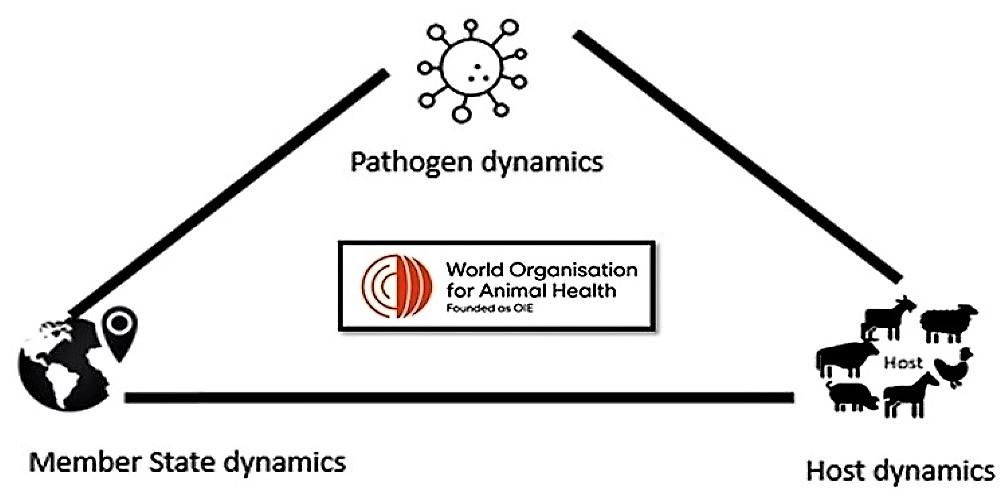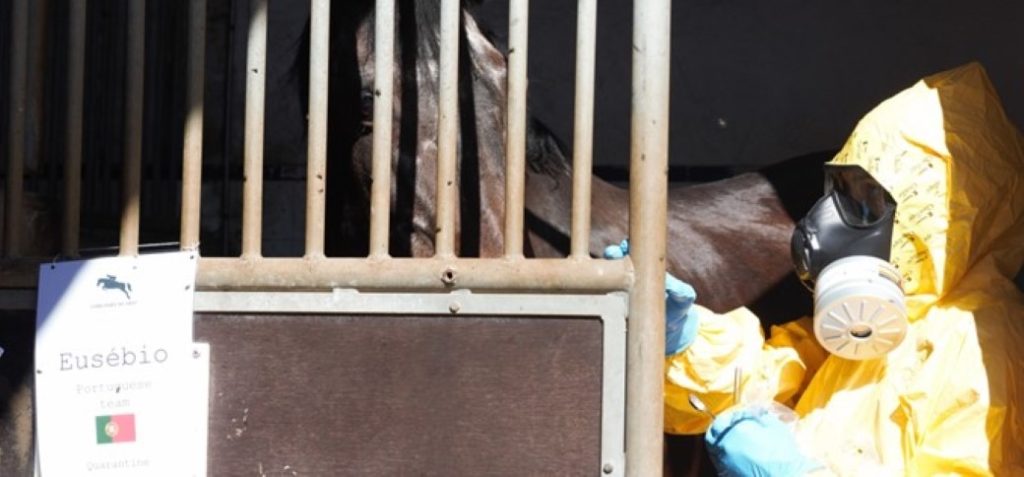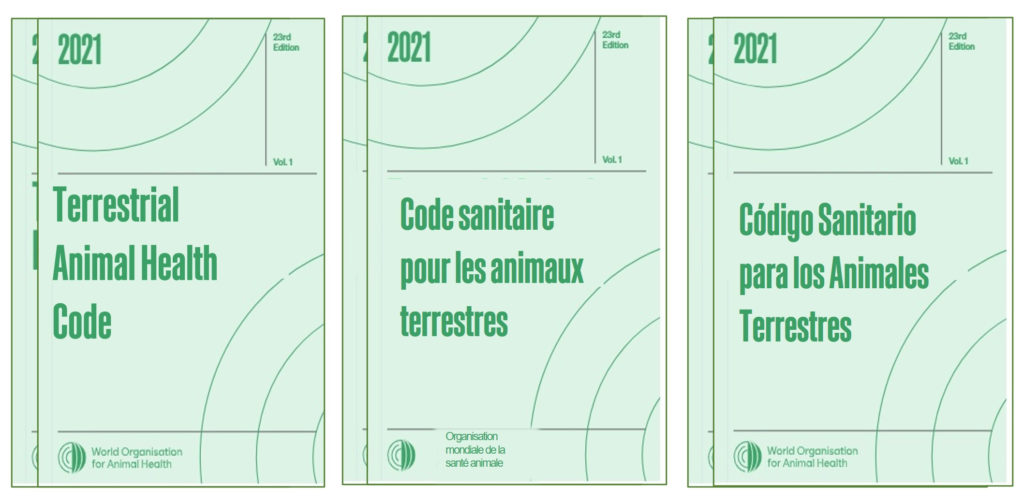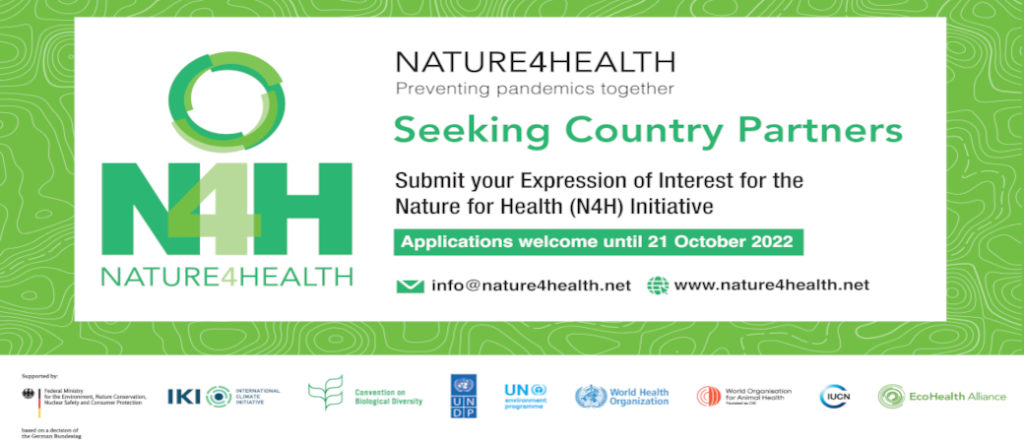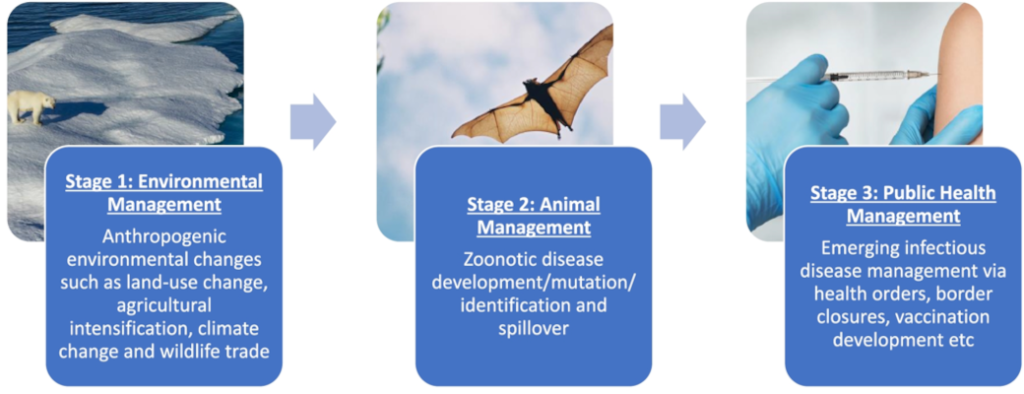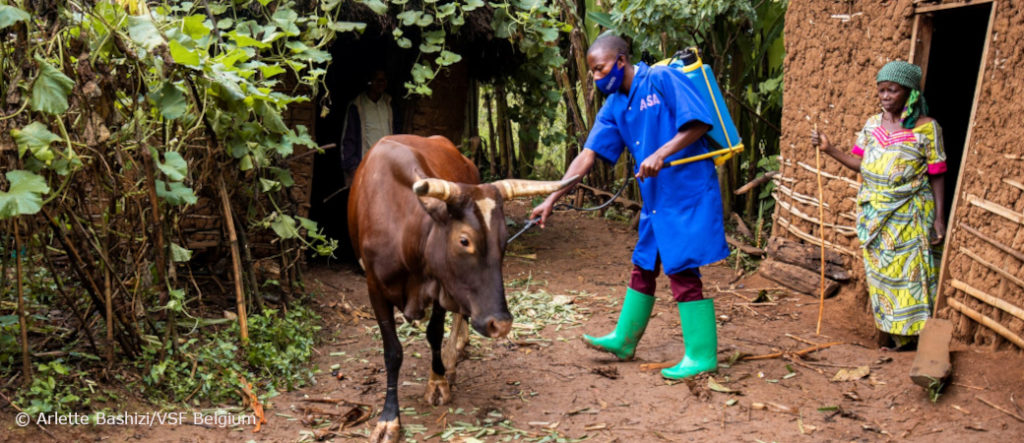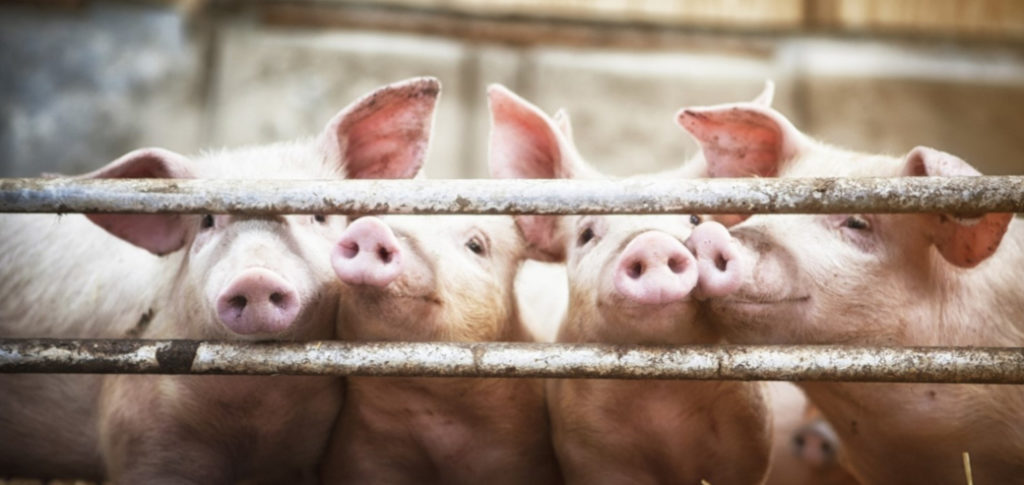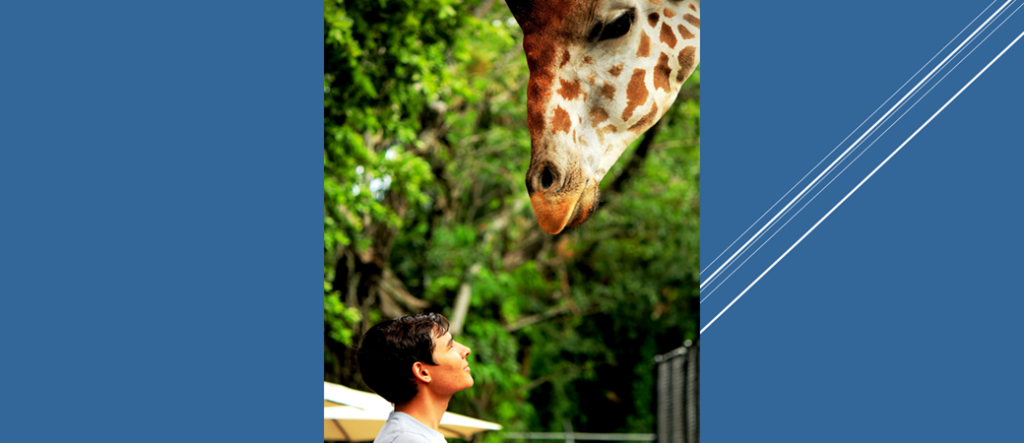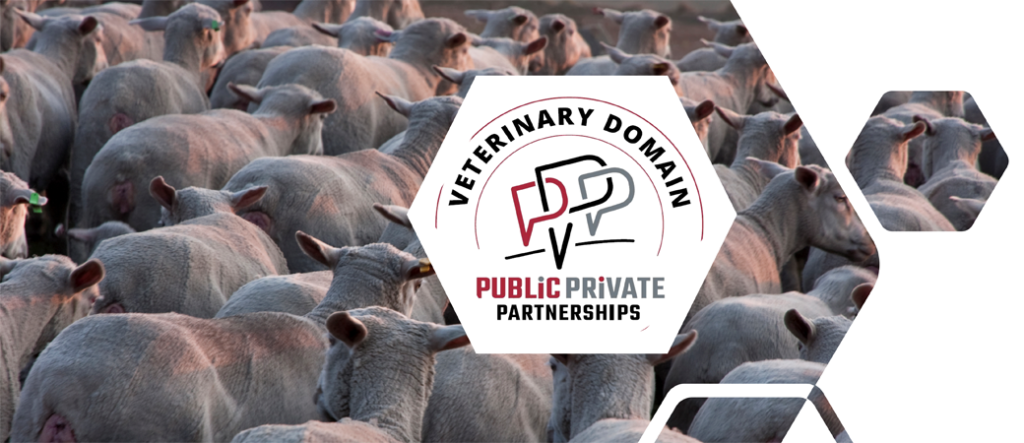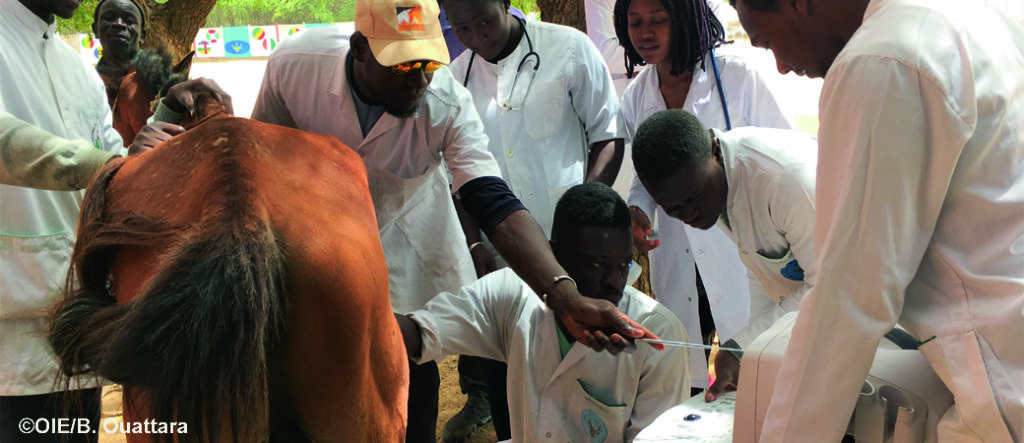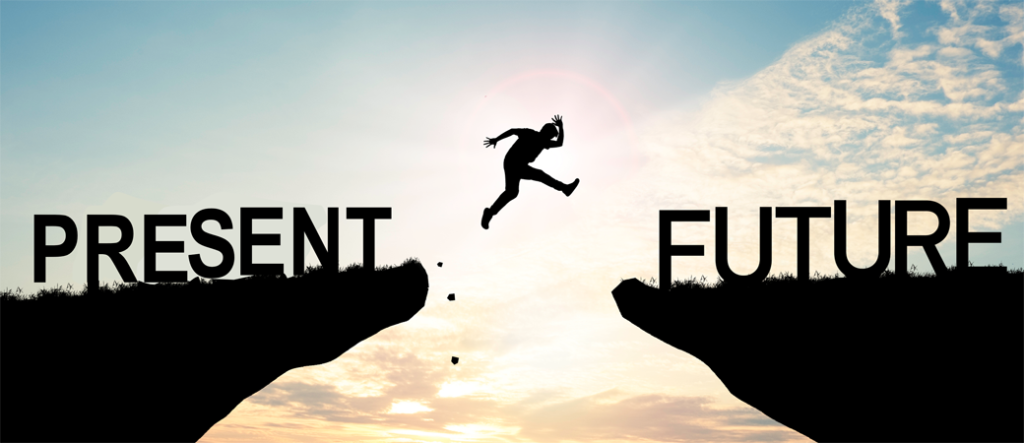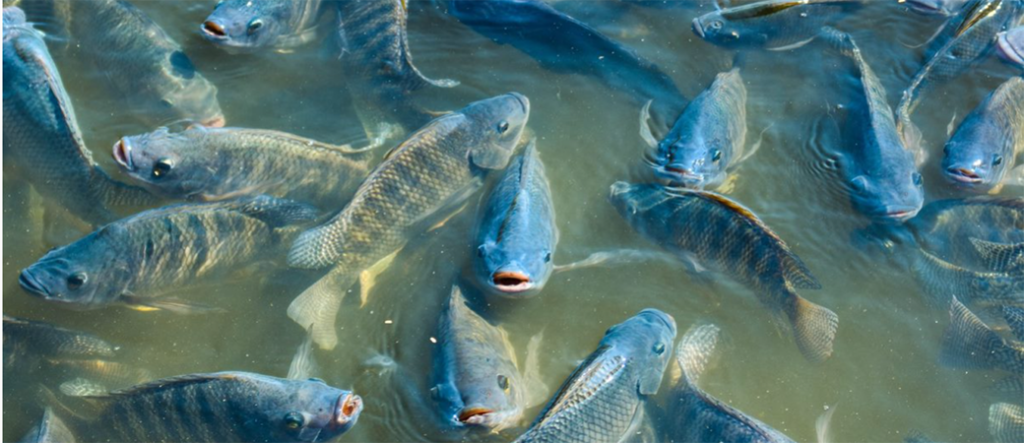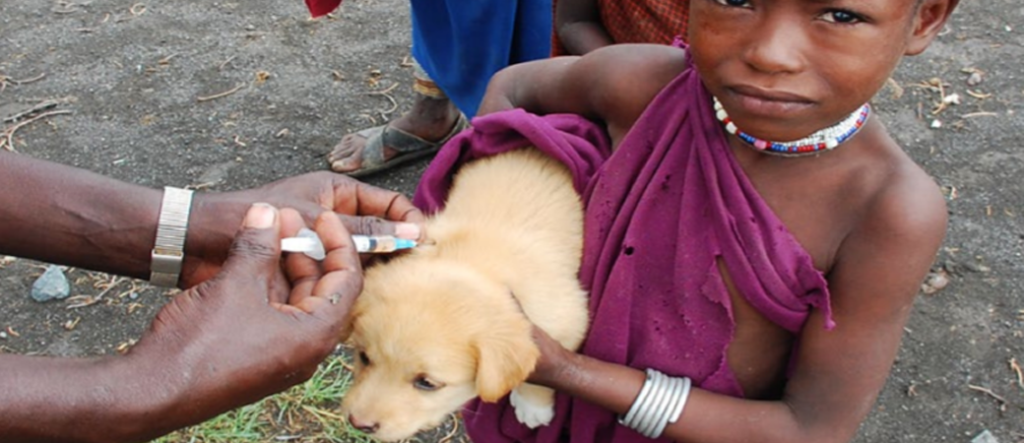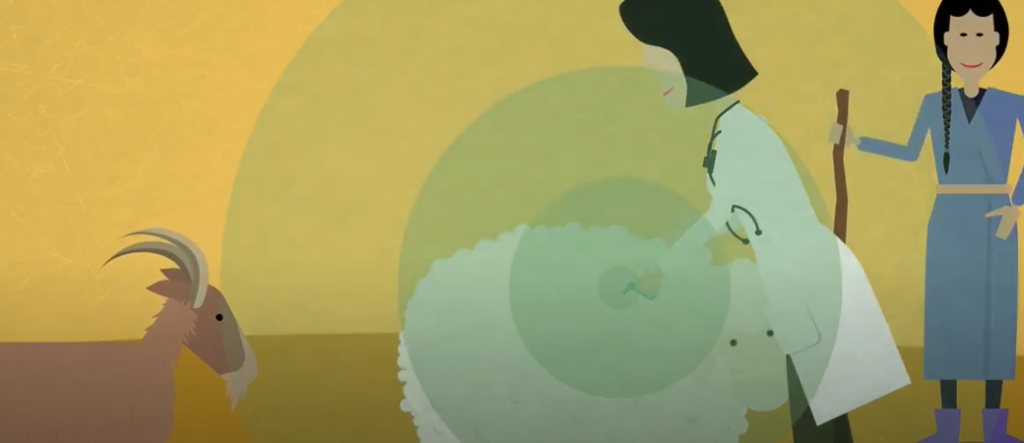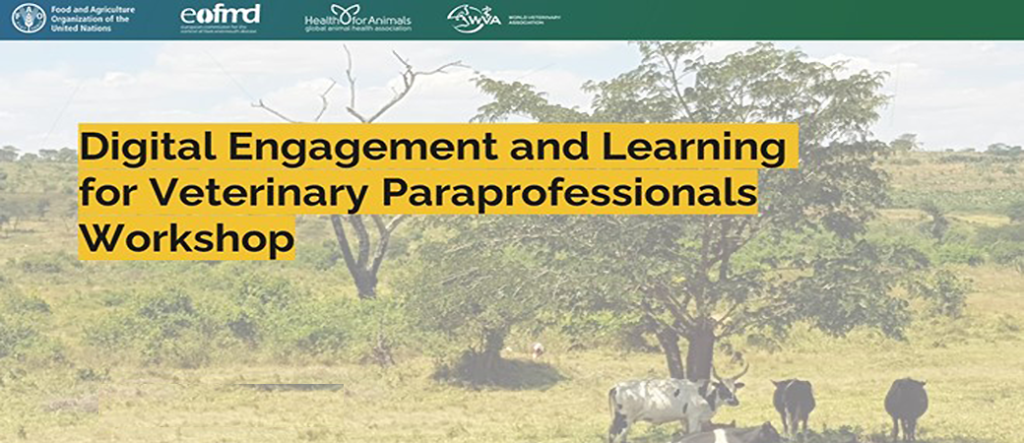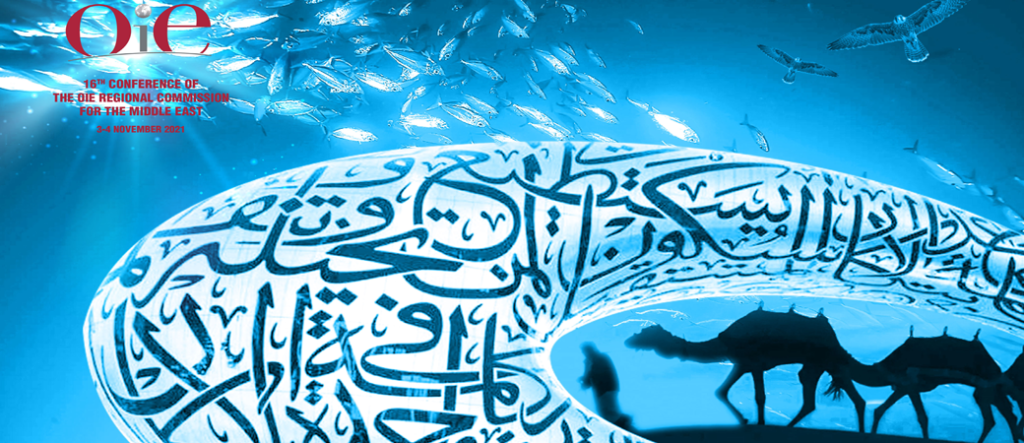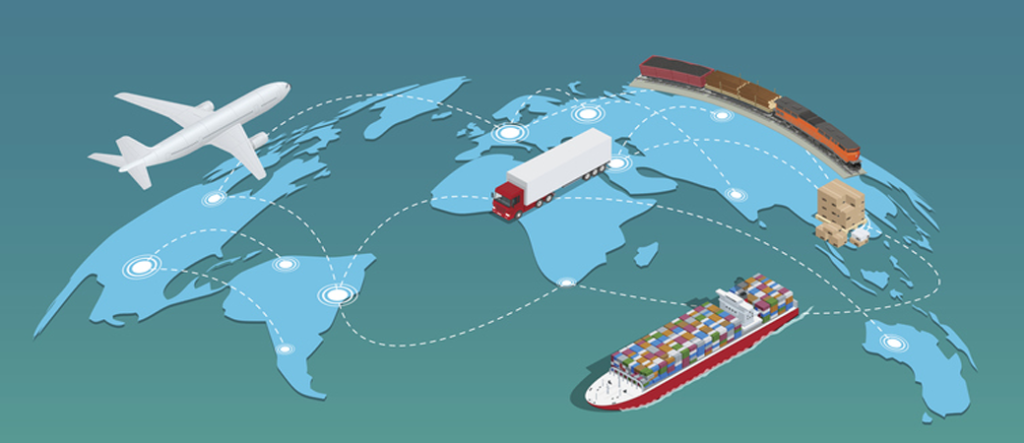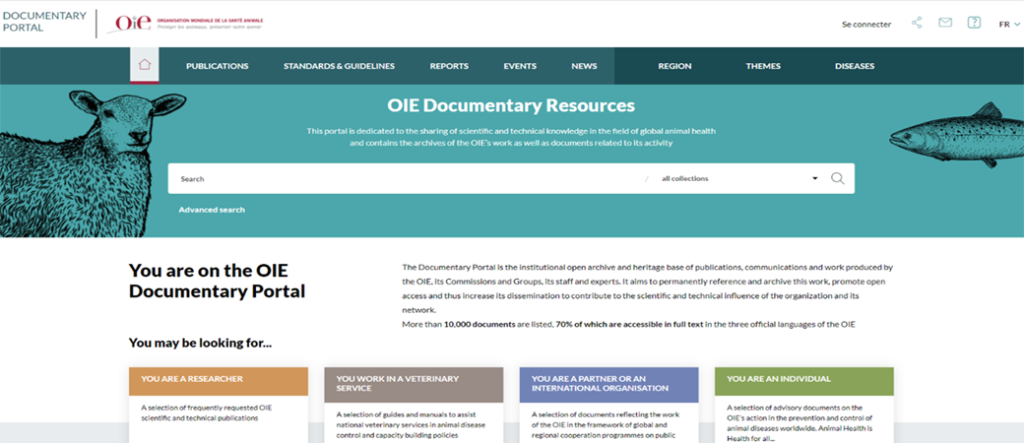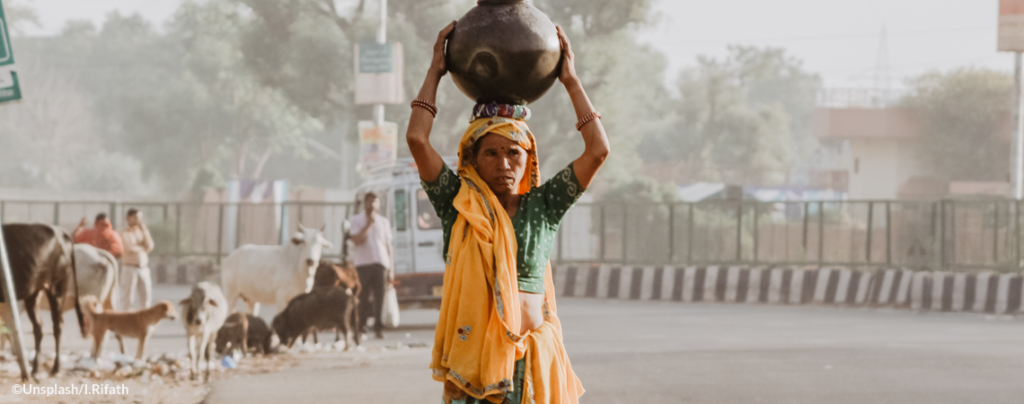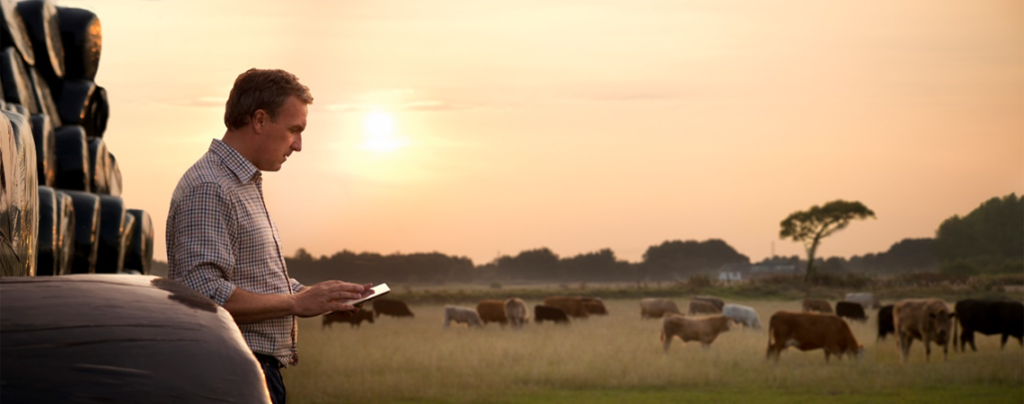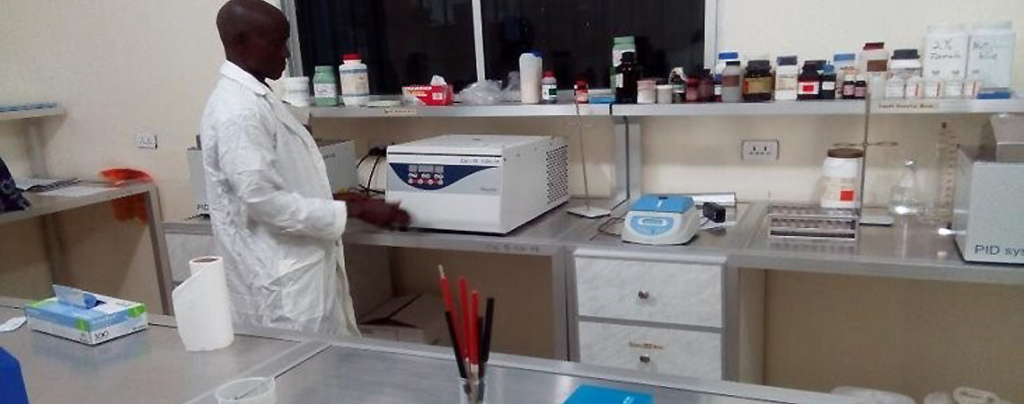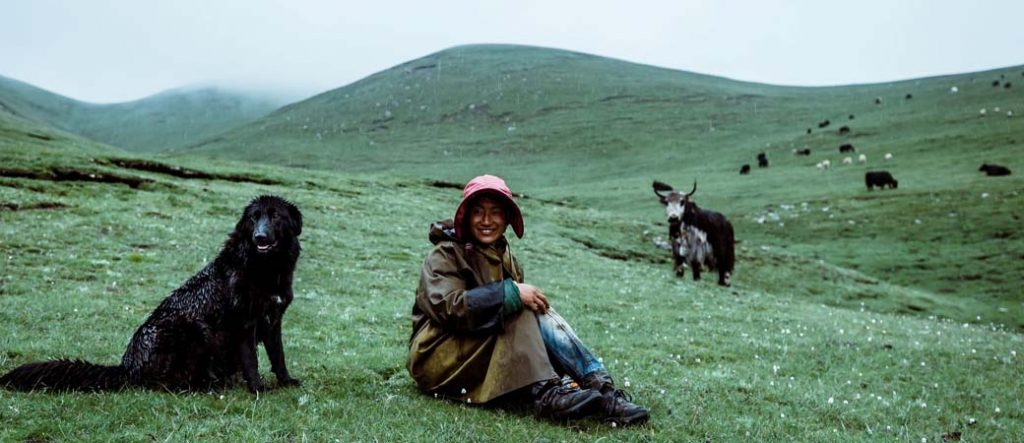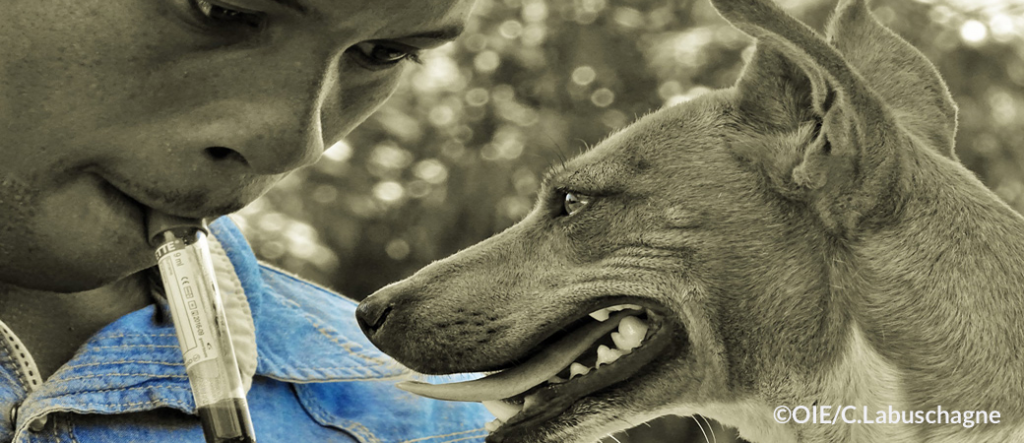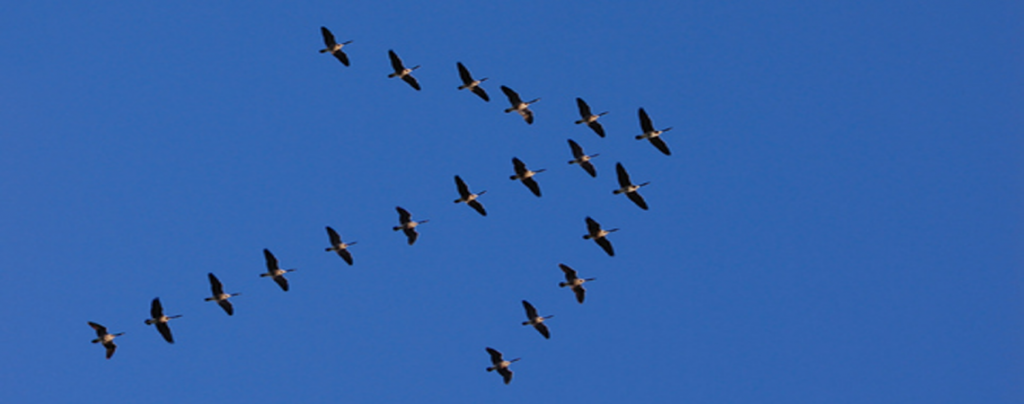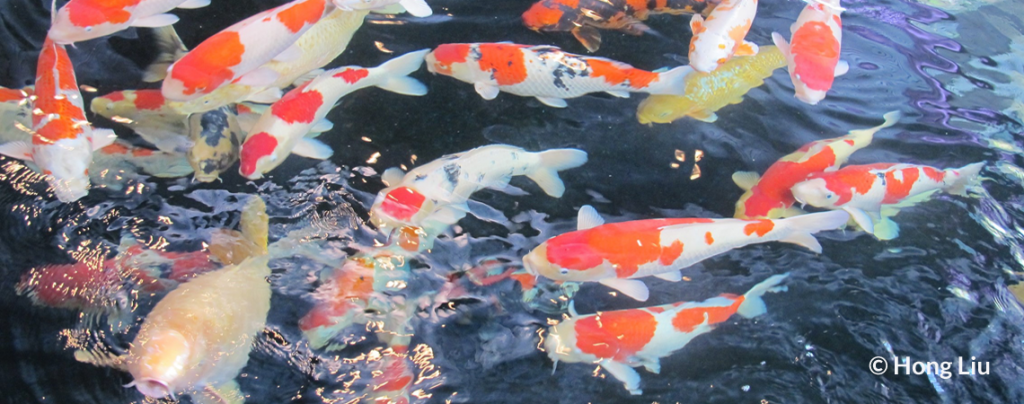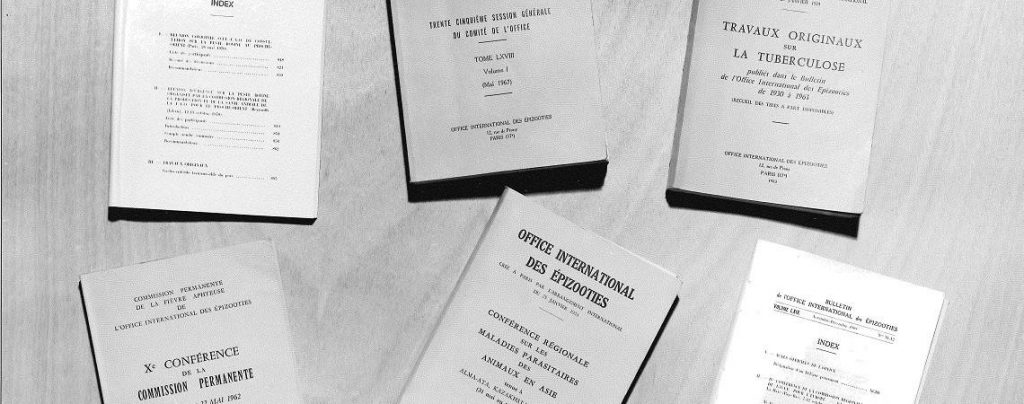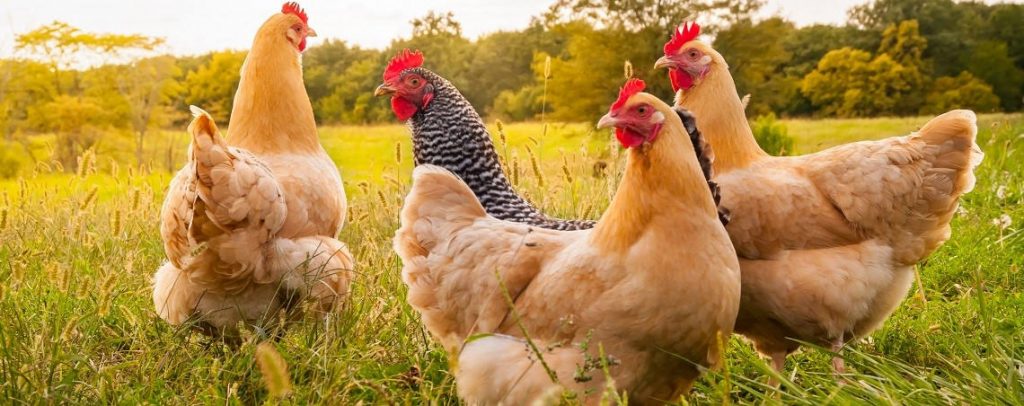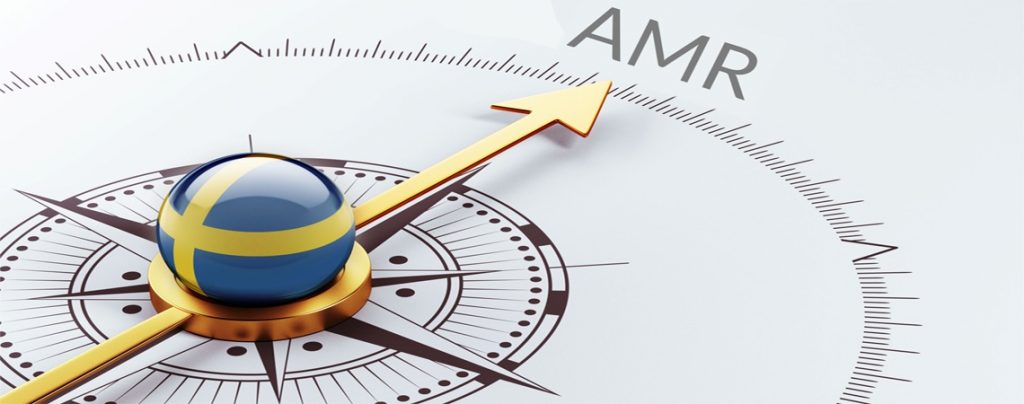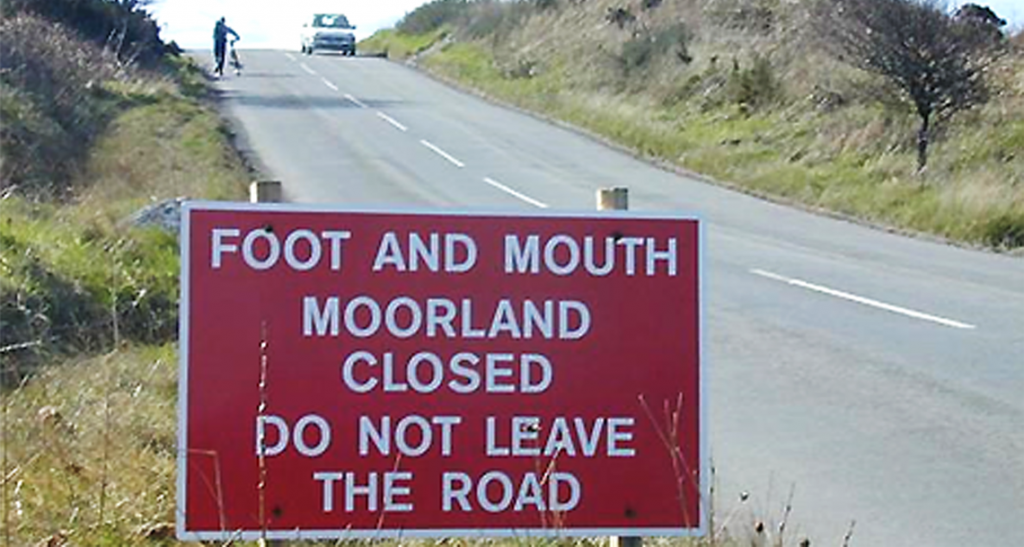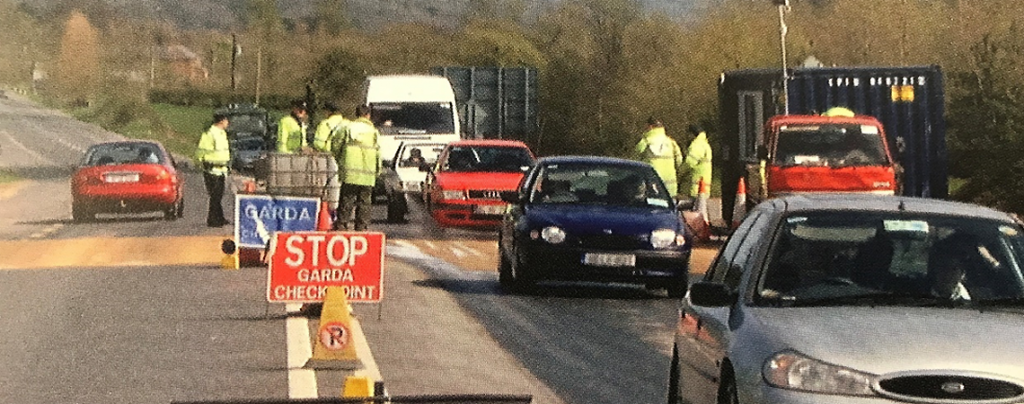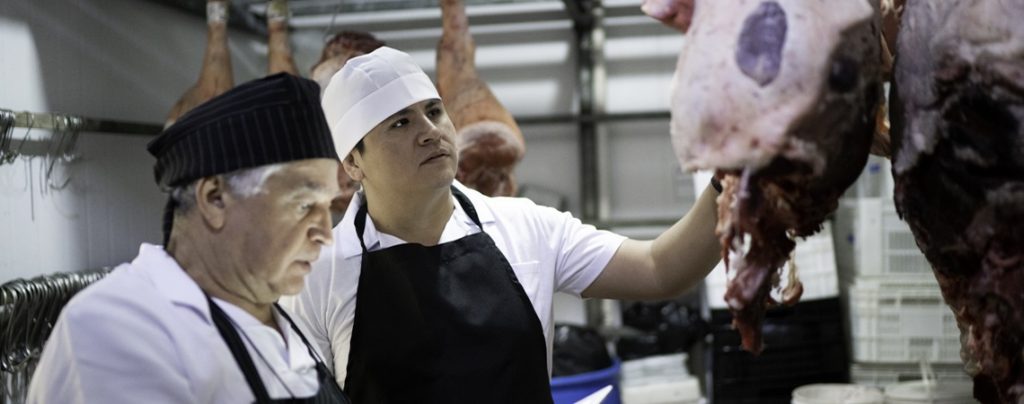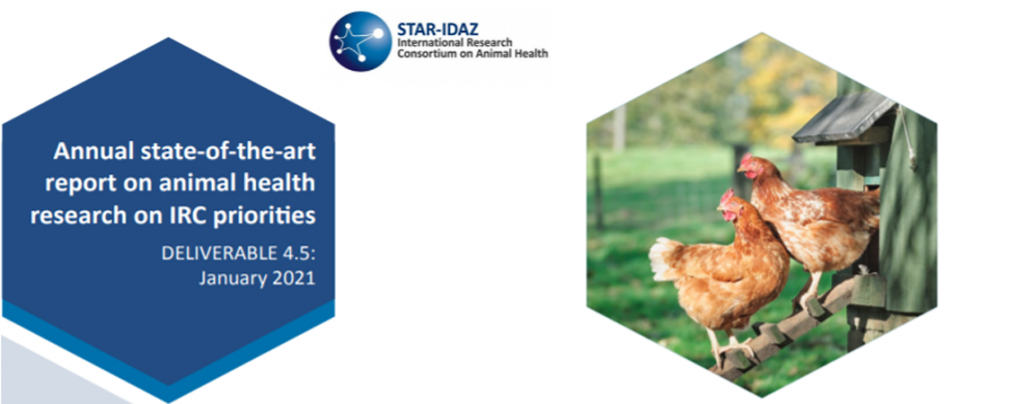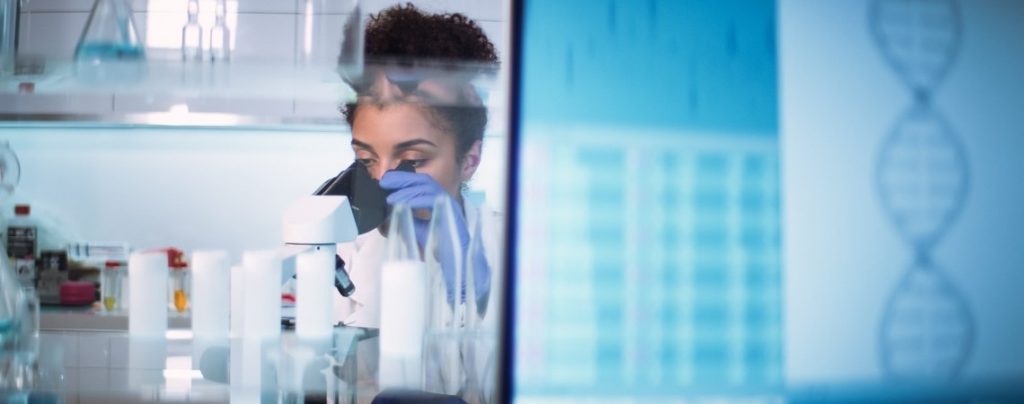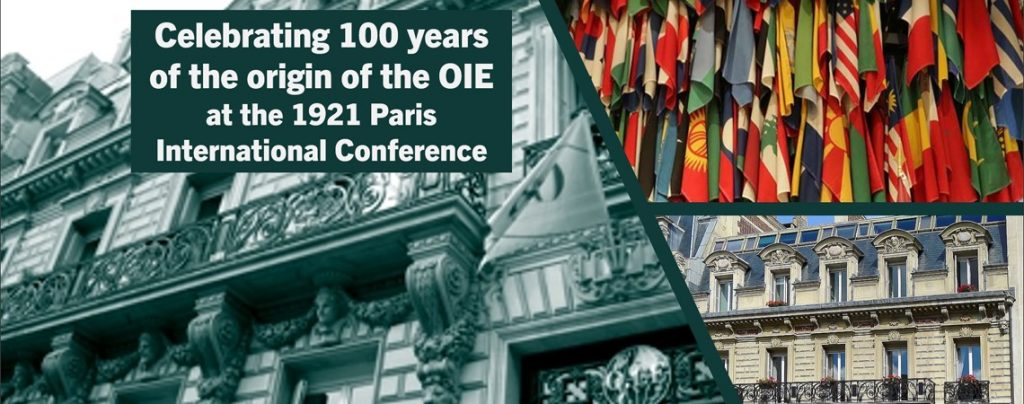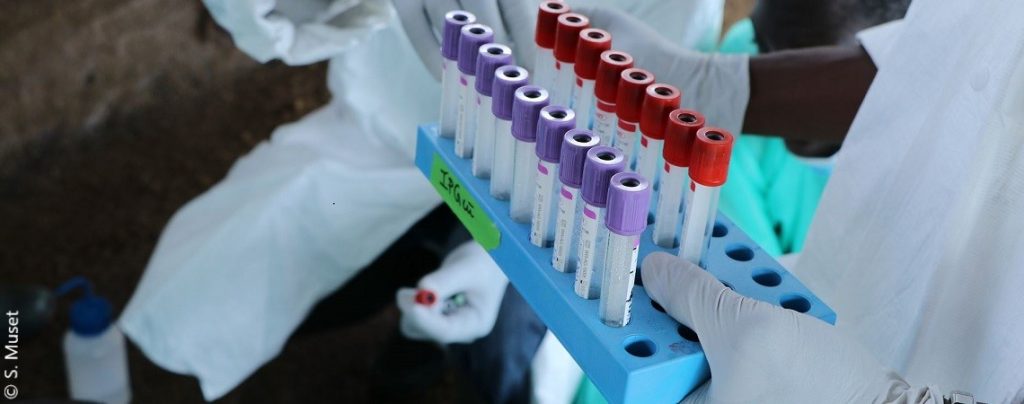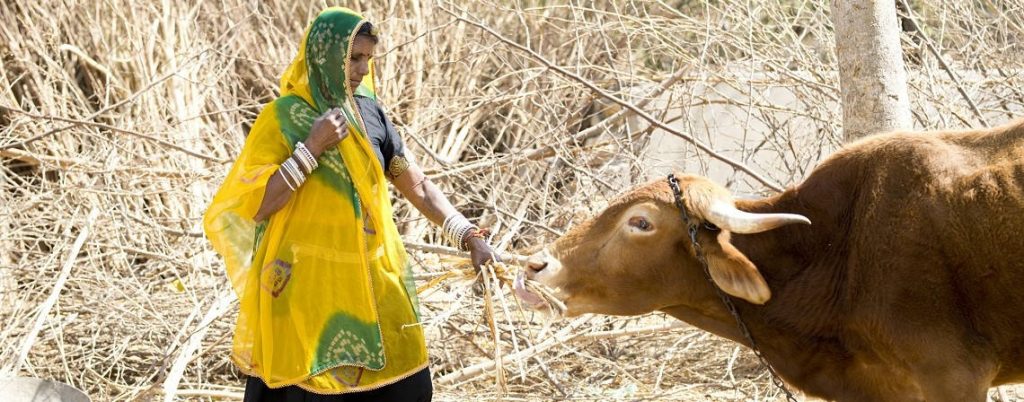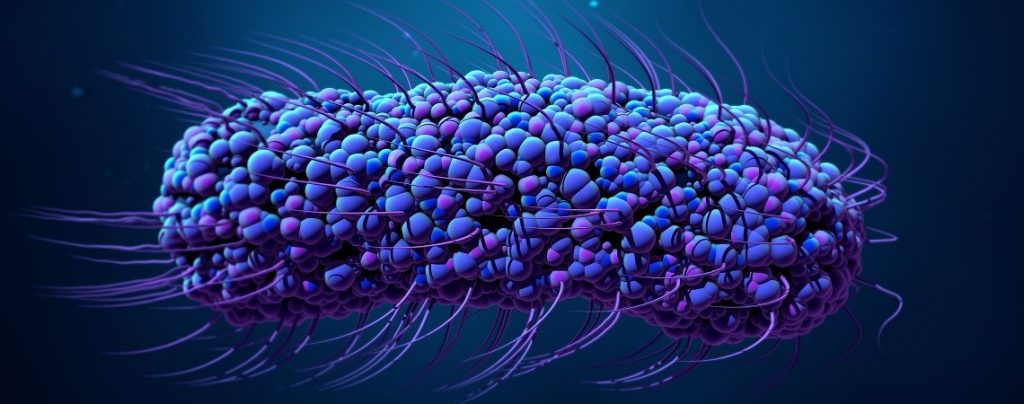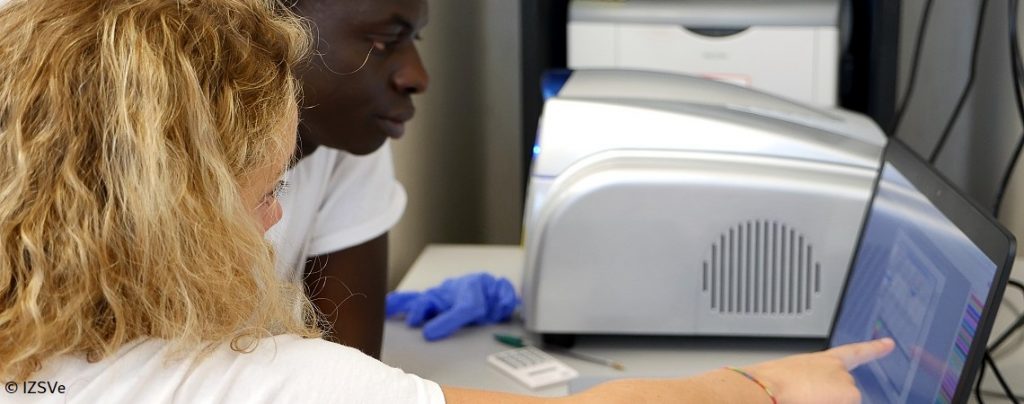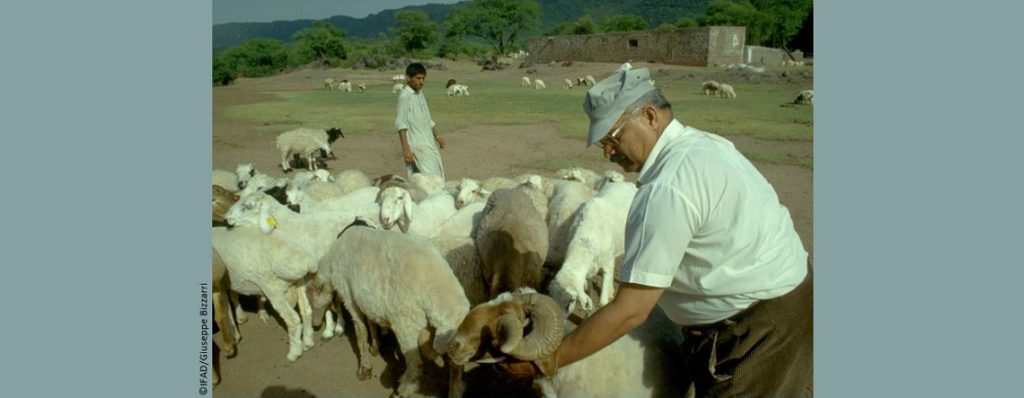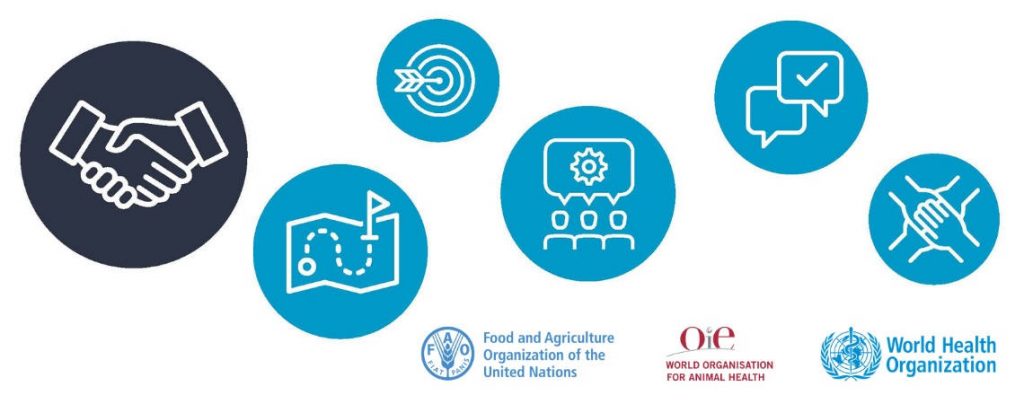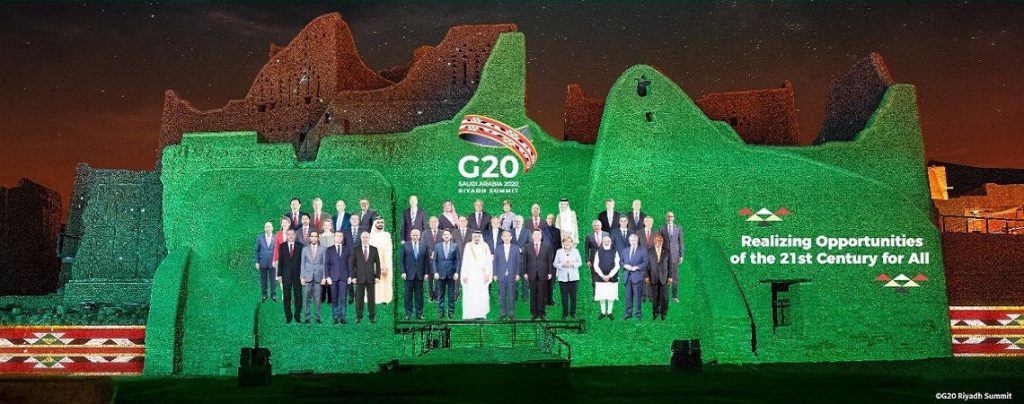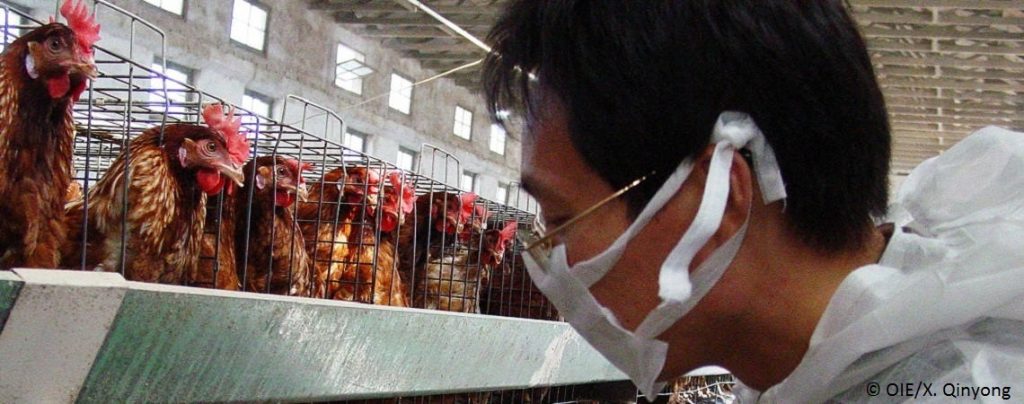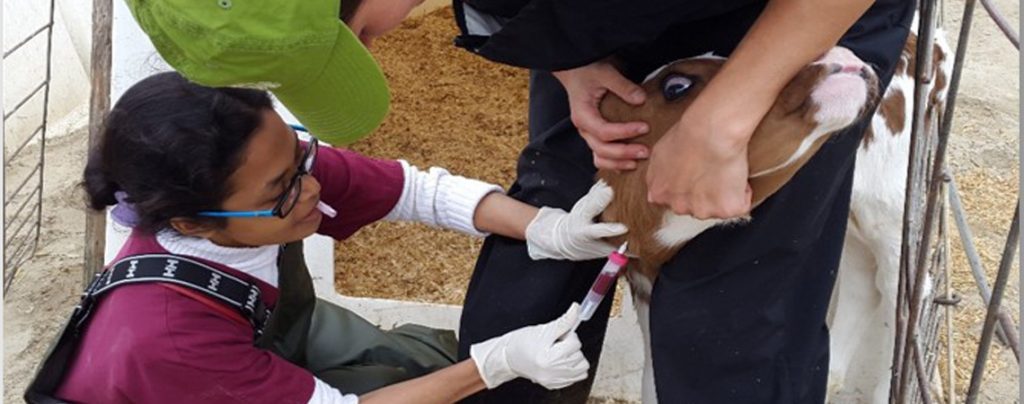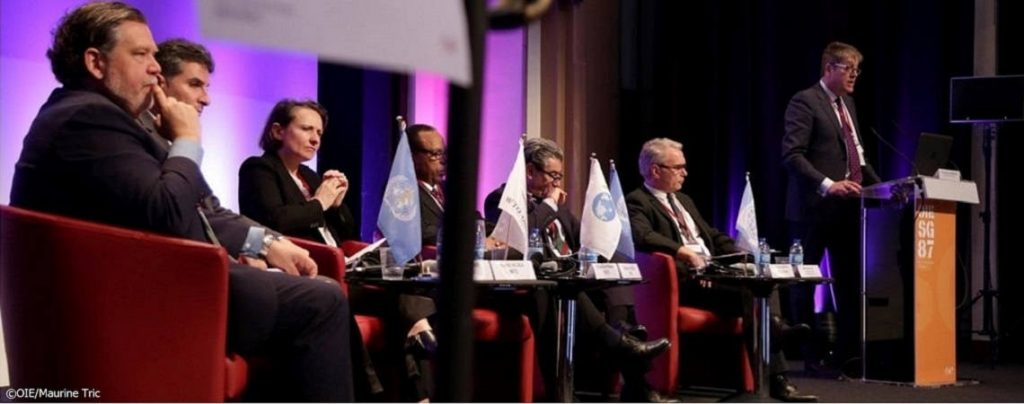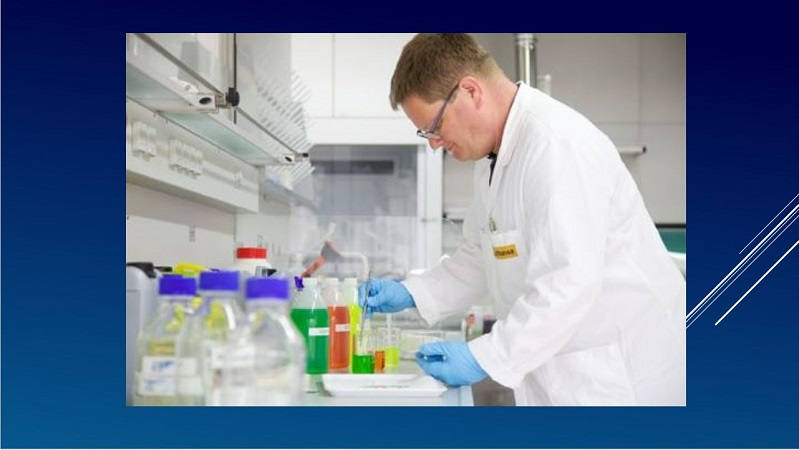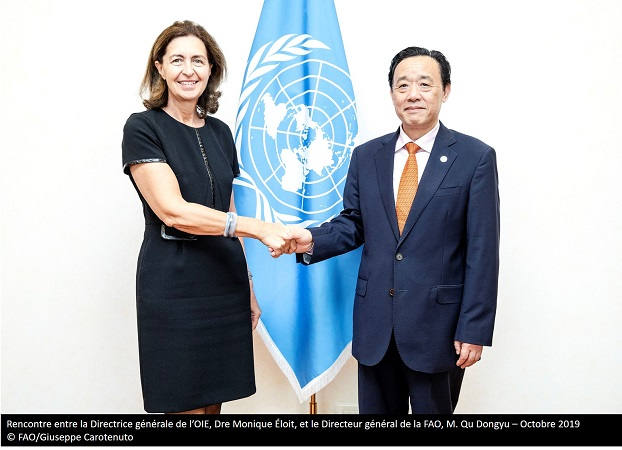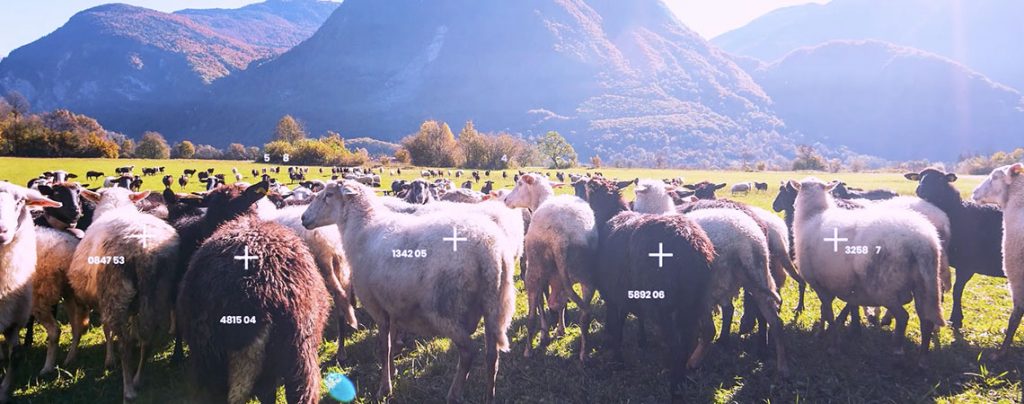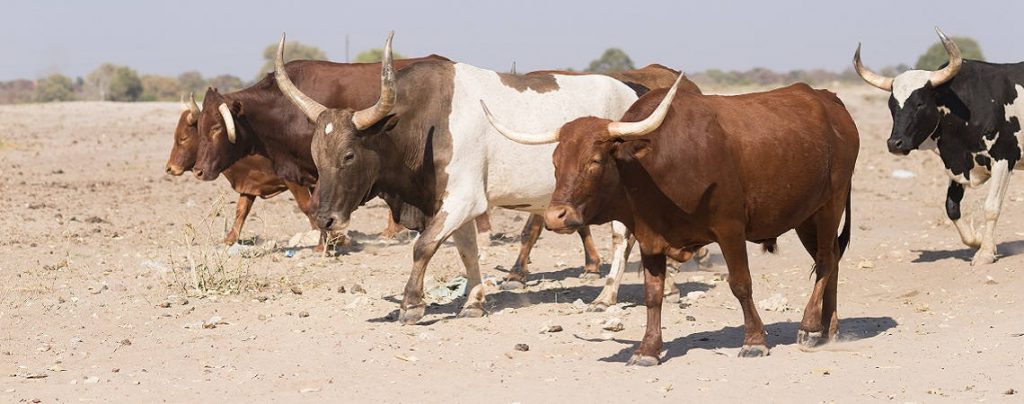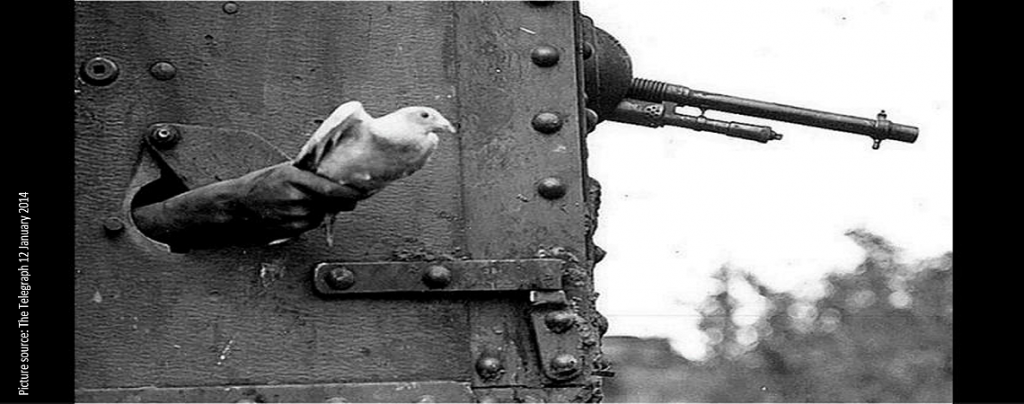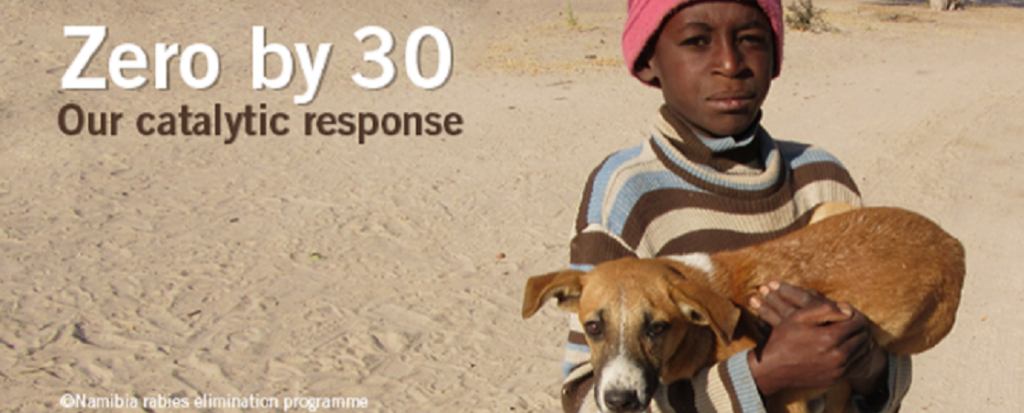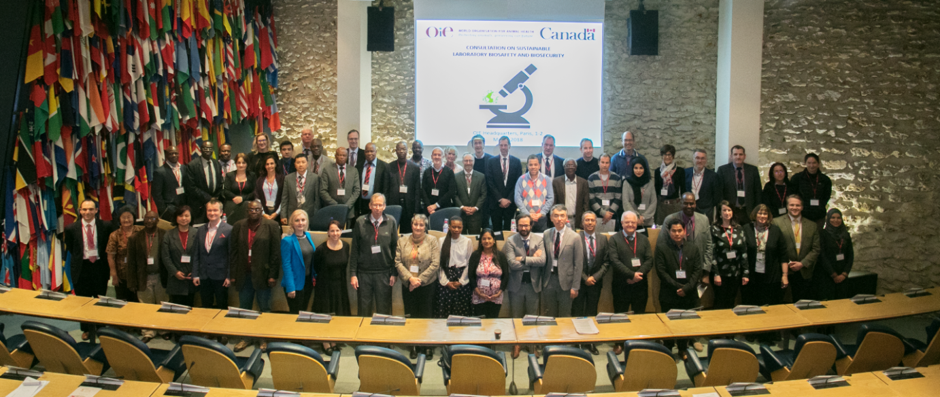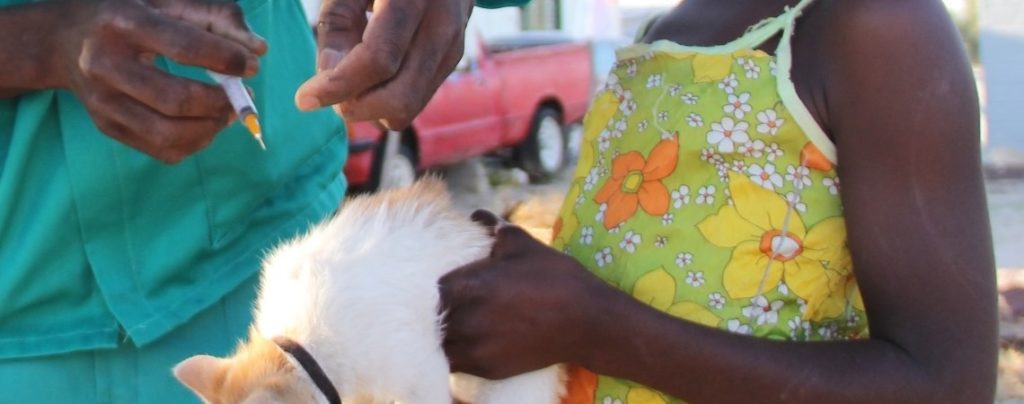INFORMATION EN CONTINU Posté sur 2022-06-24 11:18:18
Destination 2040 - there and back through the OIE Futures Literacy Laboratory
Mots-clés
‘There is nothing like looking, if you want to find something… You certainly usually find something if you look, but it is not always quite the something you were after.’ – Thorin, Chapter 4, The Hobbit, or There and Back Again, J.R.R Tolkien
While we have not had the opportunity to physically travel far of late as a result of COVID, that has not stopped our imaginations from travelling to possible futures via different scenarios. Scenarios are essentially stories in which we transport ourselves to imagine future consequences and possibilities. Our imaginations are the only vehicle at our disposal to project ourselves into the future—or rather futures, given that there is not one set future. Let that sink in for a moment.
In a Futures Literacy Laboratory (FLL), co-designed with colleagues from the United Nations Educational, Scientific and Cultural Organization (UNESCO), participants visited the year 2040 through stories they created, which were based on what they imagined would likely happen (probable futures) and what they would like to happen (preferable futures). They were then provided a scenario, called a reframe scenario, that was akin to science fiction or fantasy. The point was to provoke thinking and envision wide open and unpredictable futures, capable of being shaped.
If foresight methodologies are to be used as management tools to investigate various futures, or to use the future to ultimately act, take decisions and develop strategies and policies in the present, then that investigation should be broad in scope and go beyond both probable and preferable futures. This is particularly relevant for an inter-governmental organisation that serves 182 Members, whose delegates imagine futures that are as diverse as their cultures, languages and traditions. We are not valuing this diversity if we are only taking a narrow view of the futures to develop strategies and programmes to support them.
A fantastical reframe scenario, mentioned in the recent Bulletin article ‘Exploring how futures are imagined and used’ (OIE News, January 2022), was created by UNESCO Futures Literacy colleagues, inspired by The Little Prince by Antoine de Saint-Exupéry, to promote just such futures literacy.
Here is the scenario that was presented during the exercise. While reading, note your reactions and thoughts.
Welcome to 2040
Imagine you have arrived, just like the Little Prince, in an unfamiliar setting. However, you are simply in another time—not on another planet—when humans are tamed by animals who are conscious of humans’ impact on the environment and who are concerned for human survival. This interaction between the Little Prince and the Fox introduces this premise:
‘What is it that you are looking for?’ asked the Fox.
‘I am looking for humans,’ answered the Little Prince.
‘Humans?!’ said the Fox. ‘They have weapons, and they hunt. It is very disturbing. They also raise chickens, so they can eat them. These are their only interests. Are you looking for chickens?’
‘No,’ said the Little Prince. ‘I am looking for friends.’
We humans are now being tamed by animals who are conscious of the impact we have on our surroundings, including on them. But by taming us, they worry about our survival. Indeed.
‘What does that mean−− ‘tame’?’ said the Little Prince.
‘It is an act too often neglected,’ said the Fox. ‘It means to establish ties.’
‘To establish ties?’ wondered the Little Prince.
‘Just that,’ said the Fox. ‘To me, you are still nothing more than a little child who is just like a hundred thousand other little children. And I have no need for you. And you, on your part, have no need of me. To you, I am nothing more than a fox like a hundred thousand other foxes. But if you tame me, then we shall need each other. To me, you will be unique in all the world. To you, I shall be unique in all the world…’
‘I am beginning to understand,’ said the Little Prince. ‘I have a flowering plant that I care for…. I think that she has tamed me…’
After taking a moment to contemplate this exchange, ask yourself: If humans were not the ones in control, how would society function? How would entities coexist? How would climate change be approached? How could connections be made if there is no common language? What would be the purpose of a society composed of animals taming humans? What values would be shared or exchanged?
The FLL participants were asked the same questions and their reflections are included below. The themes that emerged were harmonious co-existence, mixed with tensions in interactions and governance systems. And surprisingly, or not so surprisingly, there was little reliance on technologies for solutions with more emphasis on collaboration or communal learning, as well as conflicts and resistance on the part of humans being governed by other beings.
While the scenario is unbelievable, there are some aspects that are familiar to us, including a shared planet and concerns around equality and inclusion. As with all reframe scenarios, we are meant to transport ourselves and to see our world and our work differently by considering what is beyond our best ventures for the future. This enables us to create more comprehensive strategies or to adapt or maybe even to change direction to better serve the needs of the Organisation and its Members, no matter which future or futures arise.
Discoveries in a Futures Literacy Laboratory
Dr Lina Awada, OIE World Animal Health Information and Analysis Department
Understanding the role of the future: In November 2021, several employees of the OIE were invited to participate in an online futures literacy workshop on the topic of climate change. This piqued my curiosity—what is ‘futures literacy’? After a quick Google search, I understood that it is ‘the ability to better understand the role of the future in what they see and do.’ Even with this definition, there was a cloud of mystery surrounding the concept.
During the workshop, our group projected ourselves into the year 2040 and described various possible situations. We started with probable futures: an increase in environmental disasters due to global warming, technological improvements as partial solutions, more local and environmentally-friendly production and consumption, etc.
Our group also explored a reframe scenario for the year 2040, where human dominance over animal species did not exist. We then envisioned a world of balance and resource sharing, interspecies communication, and partnerships. A truly One Health world, in short. It was beautiful and inspiring.
What we will not forget:
This projection exercise helped us move away from an anthropocentric, purely scientific approach.
We ended up considering a cross-cutting ecosystem and multidisciplinary approach, with concrete proposals for the evolution of the missions and work of the OIE.
The journey to multiple versions of 2040 has allowed us to ask ourselves some good questions!
The building blocks of an alternative society
Dr Mariana Marrana, OIE Emergency Preparedness and Resilience Department
I, like the majority of my co-workers, am trained in biological sciences. We like to see evidence, concrete facts, and tested procedures. When confronted with an unlikely and somewhat unscientific question such as ‘What if animals tamed humans?’ we tend to dismiss it. We do not see the point of discussing a far-fetched scenario at a time when we have real-world problems to solve. But what if we gave in to the scenario and indulged in the freedom to play for a little while? And by playing, what could we learn that would inform our work?
When replying to that same question during the FLL, my team went through a mindset-changing journey. We started by applying the Orwellian concept of ‘taming’ and pictured a society in which animals dominated humans. Humans would be at animals’ mercy, and would provide them with food, power, and entertainment. As the discussion was becoming depressingly dark, we stopped in our tracks and realised we were applying an anthropological model of society to our scenario by simply inversing the roles that animals and humans play in the world we live in. We then decided that ‘taming’ could be interpreted in a more peaceful way, meaning ‘pacifying’ instead of ‘subduing’.
The concept of a peaceful and solidary coexistence between animals and humans, with animals at the helm, became the premise of our alternative future.
In this future, animals and humans spoke the same language—we had been asked to be creative!—and each species knew and accepted its place. Nature could also speak, and elements such as trees and rocks had especially wise words to share. During our presentation, we had interventions from the ducks—the hedonistic diplomats of our world, who could flee from climate change and make alliances as they pleased; the trees—who spoke about the importance of conservation of ecosystems and rising above mundane problems; and of the stones—who shared lessons about resilience, slow adaptation, and the wisdom of millennia.
We may not have found out what animals would do if we were on equal footing, however, we stimulated our creative side and harnessed a new tool that opened our eyes to unexpected possibilities. In the end, we realised we could use a similar approach in our daily work—futures thinking can inform horizon scanning, preparedness, and early warning. It all made sense.
‘Knowledge is limited. Imagination encircles the world.’ – Albert Einstein
Dr María Eugenia Chimenti, OIE Regional Representation for the Americas and Mr Basilio Valdehuesa, OIE Regional Representation for Asia and the Pacific.
Given no hard evidence to rely on, this exercise put participants in a vulnerable position, since those with a scientific background tend to rely on evidence to make decisions. The workshop’s exercises transported many of us back to childhood, where the seed of an idea was enough to create an infinite number of possible worlds—until dinner time, of course!
There is a well-known quote by Albert Einstein: ‘Imagination is more important than knowledge. Knowledge is limited. Imagination encircles the world.’ In the world of the FLL, where humans were tamed by animals, all the rules and concepts we know were brought into question. In this future, communication is not limited to speech, but also flows through body language, sounds and signals between species. Decisions about resource management consider the environment and habitats of all the living, rather than focusing solely on sustaining human life.
With a shift in the power balance between humans and animals, people in day-to-day life learn to listen to what nature is saying, devoting more time to understanding how it operates and what our place is, not just in this animal–human society, but in the overall biosphere.
We also imagined how governance bodies might function and how decisions would be made among stakeholders representing all life on the planet. Humans would be represented by indigenous people: our interpreters and spokespeople, who would have long understood how to live in harmony with nature. Through an assembly of the five kingdoms of nature, actions would be taken to reduce climate change impacts, including recommendations for reforestation, water, and soil management.
We also understood that since lack of universal political buy-in is a fundamental roadblock to present society, in this future it must be clear to each stakeholder—animal and human—that once scientific evidence supports a move in a certain direction, all must accept that change.
Finally, we imagined that humanity’s place in this future could not be taken for granted, grimly recognising that animal dominance would place our existence in question. We understood that if humanity does not play a positive role in the balance of life in the biosphere, we may be placed under existential threat.
How do we step outside the parameters of the known? We know there are many things we could do to try to remedy the damage done to our planet, but how do we make sure we don’t make other mistakes and fall back into anthropocentrism? In some ways, this is the basis of a futures literacy laboratory—a reframe scenario designed to shake ourselves out of the current Anthropocene paradigm. The future we imagined raised a lot of questions and reinforced some messages about things we intuitively know or have experienced first-hand: we are part of nature.
While this workshop often left us with more questions than answers, it also left us with a great lesson: to achieve a positive impact, it is not only possible, but necessary, to change our mindset.
Contact: Tianna Brand, OIE Foresight Advisor (t.brand@oie.int)
OIE News – April-May 2022




